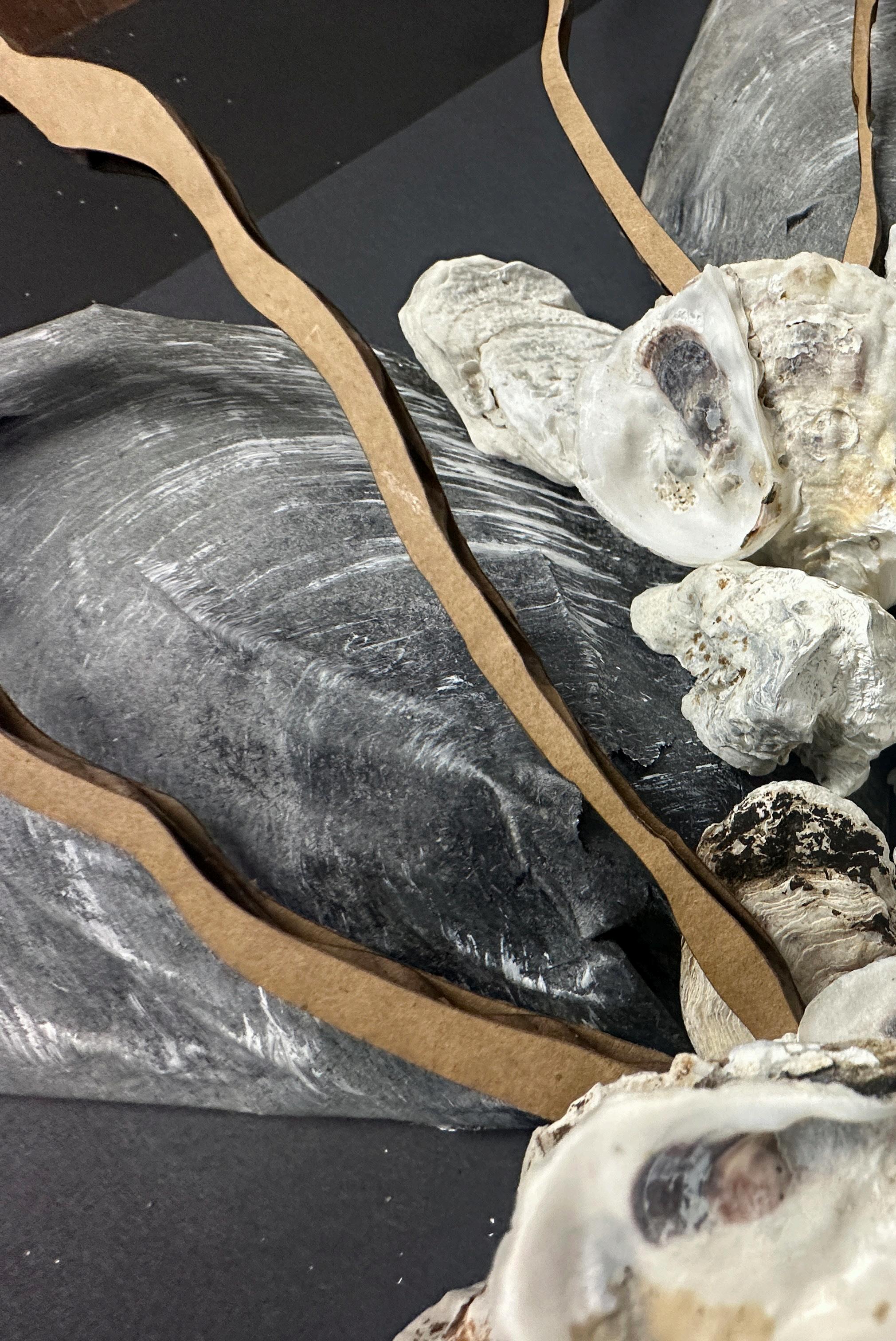BA B EL

“Eyes of theWorld ”
Brunswick School 2024




“Eyes of theWorld ”
Brunswick School 2024


- Ralph Waldo Emerson
Artificial Intelligence is poised to reshape every aspect of our lives. While AI is rapidly learning languages around the world and enabling seemingly seamless language translation, it is critical to understand the potential for embedded cultural biases given that the vast majority of machine learning is currently derived from English text. As the boundaries between human and computer increasingly blur, human knowledge and interaction will be all the more critical to overcome the potential for AI’s crosscultural miscommunication.
This volume of Babel is focused on the importance of language, literature, and cultural fluency to the shaping of humanity and worldviews. While AI has the ability to augment language fluency, the power of language to break down barriers comes from our human ability to draw on our shared experiences, cultural instincts, spirit, and historical context in order to activate community and interconnectivity. No matter how clever computers become, they have yet to grasp the subtlety and nuance of natural human language.
At Babel, we thrive on the process of collaboration and hope to capture for our readers, through our collection of diverse literature and art, the diverse and enduring community of our student body who share in a love of language and culture.
Just as it is said that “the eyes are the windows of the soul,” we are like the eyes of humanity with the responsibility to harness the power of AI and provide the pathway to enduring cross-cultural fluency and understanding.
- Sebastian Otero DeAngelis ‘24



BABEL , a Brunswick School literary magazine, presents the works of upper school students from Brunswick School and Greenwich Academy. The objective of Babel is to draw upon the diverse language skillset of our student body to demonstrate the power of language to break down barriers and provide a gateway to better understand the diverse cultures of the world around us. Art is often paired to complement and enhance the literature presented. We believe that Babel is a testament to our students’ love of language and culture. Babel can be viewed at www.brunswickschool.org.
Celebrating over a decade of publications, the theme for Babel’s 11th Volume, “Ode to the Eyes of the World,” celebrates the power of language and cultural fluency to endure through the human spirit.
This year’s editorial staff consisted of 42 student contributors and two faculty advisers from Brunswick School. The literary editor of Babel reviews each submission for quality and accuracy. Pieces are ultimately selected based on general quality, accuracy of translations, and creativity of original works. Students and faculty work together on editing and modifying the content of the Babel literary magazine. Each student contributor is tasked with certain parts of the magazine, such as editing literary pieces and formatting.
Volume XI consists of 23 student submissions of literature and 30 submissions of original art. Literature and art is paired according to relevance. The cover art is done by Donnelly Rodgers ‘25. This piece speaks to this year’s theme, “Ode to the “Eyes of the World.”
Importantly, the layout and the graphic design for Babel is completely created by the students and does not rely on outside sources. Furthermore, Brunswick School does not offer a journalism program and therefore students must find time outside of their busy academic, athletic, and club commitments to work on the magazine.
The 2023-2024 editorial staff of Babel literary magazine created Volume XI using InDesign, Pink Mesh Magazine Layout. Pretendard and PT Sans Narrow fonts were
Babel || 2024 || Volume No. 11 Brunswick School
100 Maher Avenue Greenwich, CT 06830 https://www.brunswickschool.org/
primarily used for the body of the text. Volume X was also published using InDesign. Volume IX was published in Pages (Apple), and Volumes I-VIII in iBooks electronic format, which can be viewed on Apple computers and devices.
Volume XI was printed on 80 pound Blazer Silk stock with 100 Blazer Silk stock for the cover. Distribution of the publication is free. The content of Babel literary magazine is protected by applicable copyright laws.
First and foremost, the chief faculty advisers, Ms. Mimi Melkonian and Dr. Nicholas Salazar, wish to thank Mr. Thomas W. Philip, Brunswick’s overall Head of School and also Head of Brunswick’s Upper School, both for his gracious permission to launch Babel literary magazine so many years ago and for his continued support of the magazine. We also thank Sr. Jaime González-Ocaña and the teachers of the language department for their unwavering encouragement, support, and promotion of this literary magazine as well as Mr. Andrew Hall and the teachers of the art department for their creative support. Finally, we thank our student contributors who have all been integral in the creation of this edition of Babel.
* Any technical questions about artwork should be directed to Brunswick Upper School Chair of Visual Performing Arts Andrew Hall (ahall@brunswickschool.org)


EDITOR-IN-CHIEF
Sebastian Otero DeAngelis
LITERARY FACULTY STAFF
Brian Freeman
Tucker Hastings
Alina Hoyos
Jaime González-Ocaña
Edward Romeyn
Lucia Sardi
Jing Wang
ART FACULTY STAFF
Andrew Hall
Jamie Fessenden
CHIEF FACULTY ADVISORS
Mimi Melkonian
Nichola Salazar
AWARD
Gold Crown: 2017, 2023
Silver Crown: 2015, 2016, 2019, 2020
Gold Medal: 2014 - 2021
Silver Crown: 2020
Sebastian DeAngelis ‘24
Kathryn Xia ‘24
Will Fels ’25
Leonardo Gazal ’25
Griffin Green ‘25
Sasha Kurbanov ‘25
James Lynch ‘25
Jack O’Connor ‘25
Helena Borcherding ‘26
Maxwell Collela ‘26
Oliver Hegeman ‘26
George Kapp ‘26
Catie Martinez ‘26
Henry Mayerfield ‘26
Felicity McCormack ‘26
Roby Sickles ‘26
Zoey Taylor ‘26
Mallory Walker ‘26
Ellie Watts ’26
Polly Welch ‘26
Ray Foley ‘27
Chris Hake ‘27
Harry Saunders ‘27
ART CONTRIBUTORS
Sebi DeAngelis ‘24
Robby Duncan ‘24
Henry Ferguson ‘24
Bo MacNaughton ‘24
Patrick O’Connor ‘24
Aidan Diaz-Matos ‘25
Gianfranco Fajardo ‘25
Griffin Green ‘25
Alex Melillo ‘25
Declan Murray ‘25
Oliver Nash ‘25
JP Pray ‘25
Donnelly Rodgers ‘25
Sean Ryan ‘25
Sayah Trahanas ‘25
Caleb Zimmerman ‘25
Johan Hodgson ‘26
Josh Katz ‘26
Callum Walker ‘26

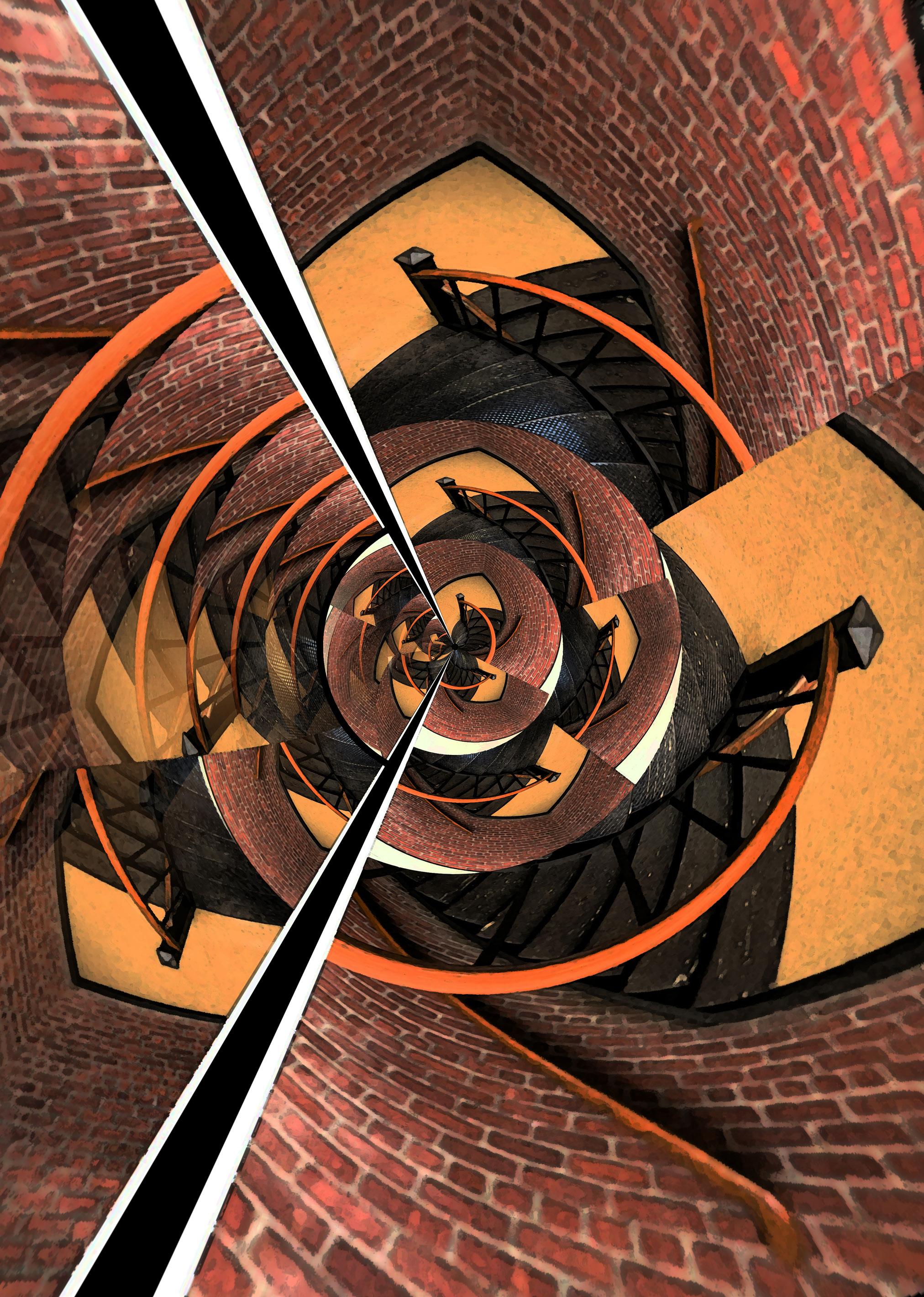





Avoir la Pêche - Felicity McCormack ‘26
Le Gratin - Catie Martinez ‘26
Ce N’est Pas de la Tarte - Zoey Taylor ‘26
C’est la Fin des Haricots - Polly Welch ‘26
En Rang D’oignon - Helena Borcherding ‘26
Faire son Miel de Quelque Chose - Ellie Watts ’26
En Faire Tout un Fromage - Roby Sickles ‘26
“Desvelada” by Gabriela Mistral - George Kapp ‘26
“The Shadow” by Mahmoud Darwish - James Lynch ‘25
“Consejos” by Antonio Machado - Mallory Walker ‘26
“Green” by Paul Verlaine - James Lynch ‘25
“Cultivo una Rosa Blanca” by Jose Marti - Jack O’Connor ‘25
“Only You” ( ) by Henry Mayerfield ‘26
“A Plea for Peace” by Griffin Green ‘25
“Supplica a Mia Madre” by Pier Paolo Pasolini - Ray Foley ‘27
“I Thought My Heart Had Lost the Power“ (Я думал, сердце позабыло) by Alexander Pushkin - Sasha Kurbanov ‘25
“Lola” by Maxwell Collela ‘26
“Eyes” 眼睛 by Chris Hake ‘27 and Harry Saunders ‘27
Experience
“Meses do Inverno Frios” by Rosalia de Castro - Sebastian DeAngelis ‘24
“Nothing Pleases Me” ( ) by Mahmoud Darwish - Leo Gazal’25
“Quiero Volver al Sur: 1941” by Pablo Neruda - Oliver Hegeman
“Journey to the West” 西遊記 by Wu Cheng’en - Kathryn Xia ‘24
“A Solita Salinas” by Frederico Garcia Lorca - Will Fels ’25
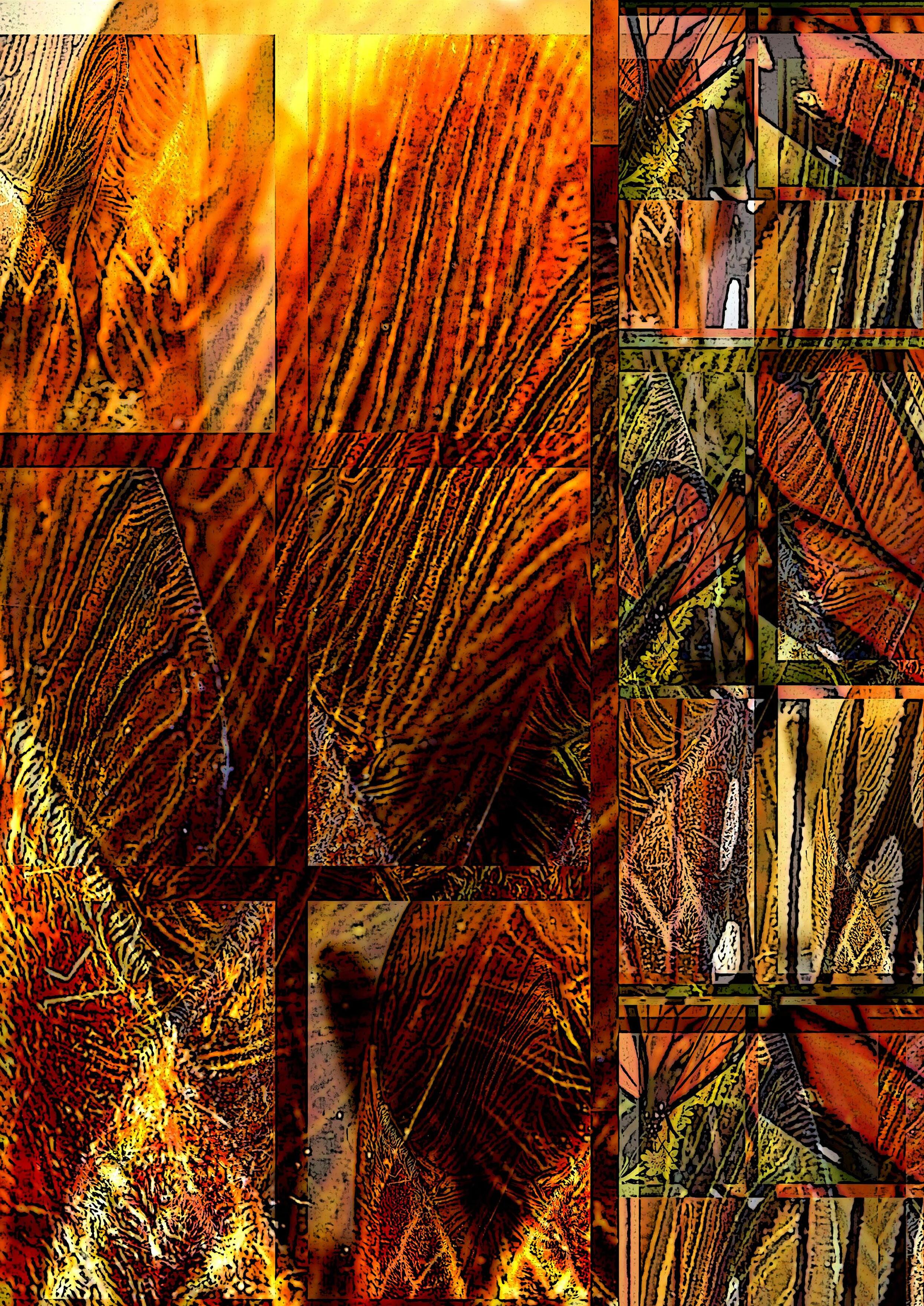
Front Cover: “EyesoftheWorld”/ Pencils and Pastels / Donnelly Rodgers ‘25
Back Cover: IoftheWorld/ AI generated / Inspired by Donnelly Rodgers ‘25
Title / Medium / Artist
Stained Glass / Laser Cut Mixedmedia / Johan Hodgson ‘26
Circle of Life / Laser Cut Matboard / Aidan Diaz-Matos ‘25
Air Bubbles / Laser Cut Matboard / Bo MacNaughton ‘24
Better than Par / Laser Cut Matboard / Alex Melillo ‘25
DownwardSpiral / Mixedmedia / JP Pray ‘25
Wasteland / Wood / Gianfranco Fajardo ‘25
Wings / Mixedmedia / Henry Ferguson ‘24
Rolling Oceans / Laser Cut Matboard / Patrick O’Connor ‘24
FrenchInspirations / Pencils and Watercolors / Donnelly Rodgers ‘25
TimeKeeper / Laser Cut Matboard / Callum Walker ‘26
L Train / Mixedmedia / Oliver Nash ‘25
Riftia / Laser Cut Matboard /Johan Hodgson ‘26
Calm / Pencils and Pastels / Donnelly Rodgers ‘25
Foliage / Mixedmedia / Sean Ryan ‘25
Fusion / Laser Cut Matboard and Wood / Caleb Zimmerman ‘25
“Steal Your Face” / Mixedmedia / Bo MacNaughton ‘24
Heights / Laser Cut Matboard and Light / Griffin Green ‘25 -
Kaleidoscope / Mixedmedia / Josh Katz ‘26
Dreamscape / Mixedmedia / Josh Katz ‘26
Memory / Pencils and Pastels / Declan Murray ‘25
Sunbursts / Laser Cut Matboard / Robby Duncan ‘24
Flotsam / Mixedmedia / Sebi DeAngelis ‘24
Sail / Mixedmedia / Patrick O’Connor ‘24
Movement / Mixedmedia / Oliver Nash ‘25
Dawn / Pencils and Pastels / Donnelly Rodgers ‘25
Odyssey / Photography / Sebi DeAngelis ‘24
Graffiti / Sayah Trahanas ‘25
Soul Sisters / Pencils and Pastels / Donnelly Rodgers ‘25
Mi Abuelo / AI converted photography / Sebi DeAngelis ‘24
Nature Human Machine / Mixedmedia / Sebi DeAngelis ‘24


No matter how clever computers become they have yet to grasp the subtlety and nuance of language

All art in the next section is by Donnelly Rodgers ‘25
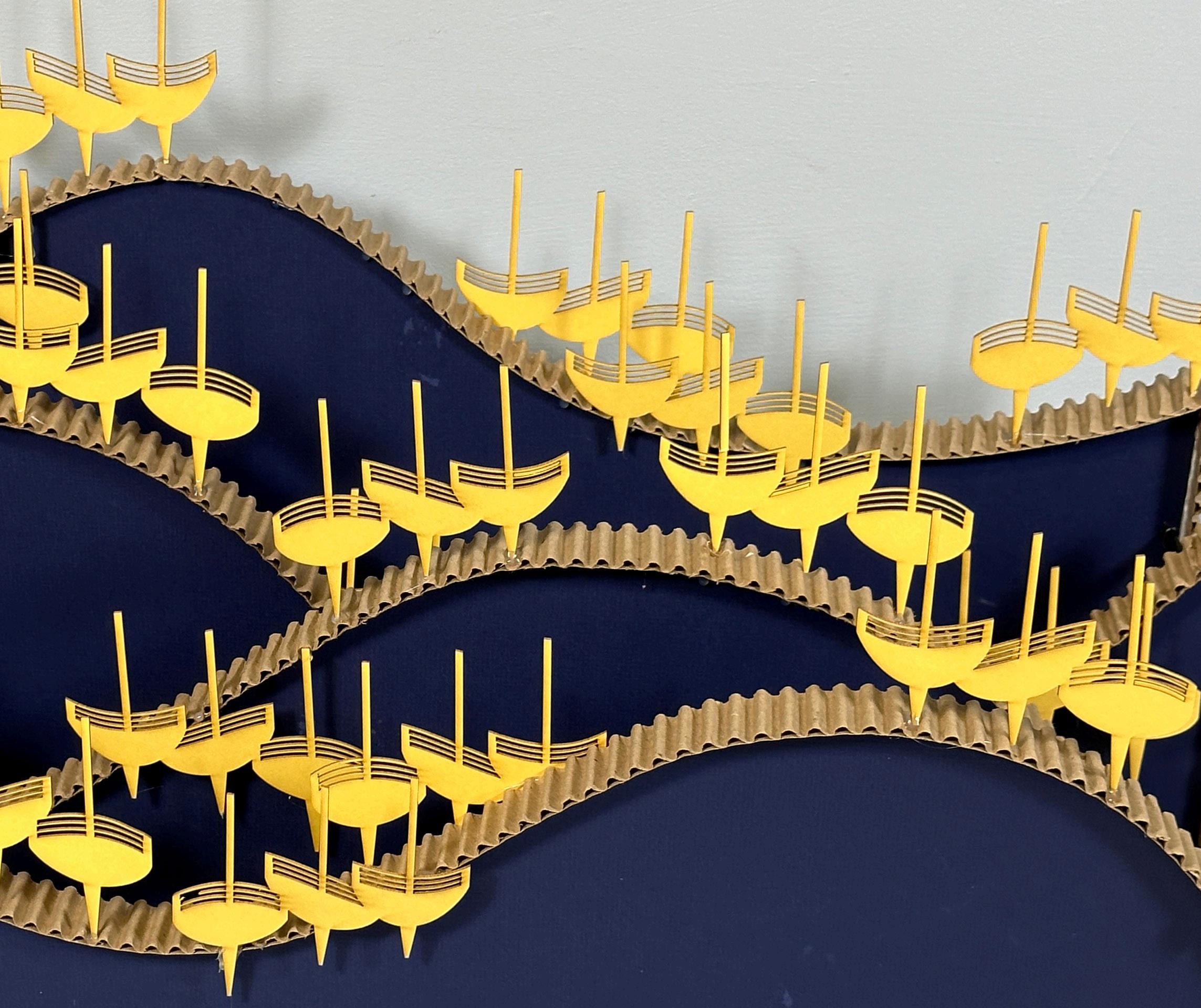
By Felicity McCormack ‘26
“Merci pour ces bonnes nouvelles, ça donne la pêche!”
“Thanks for this good news; it makes me happy!”
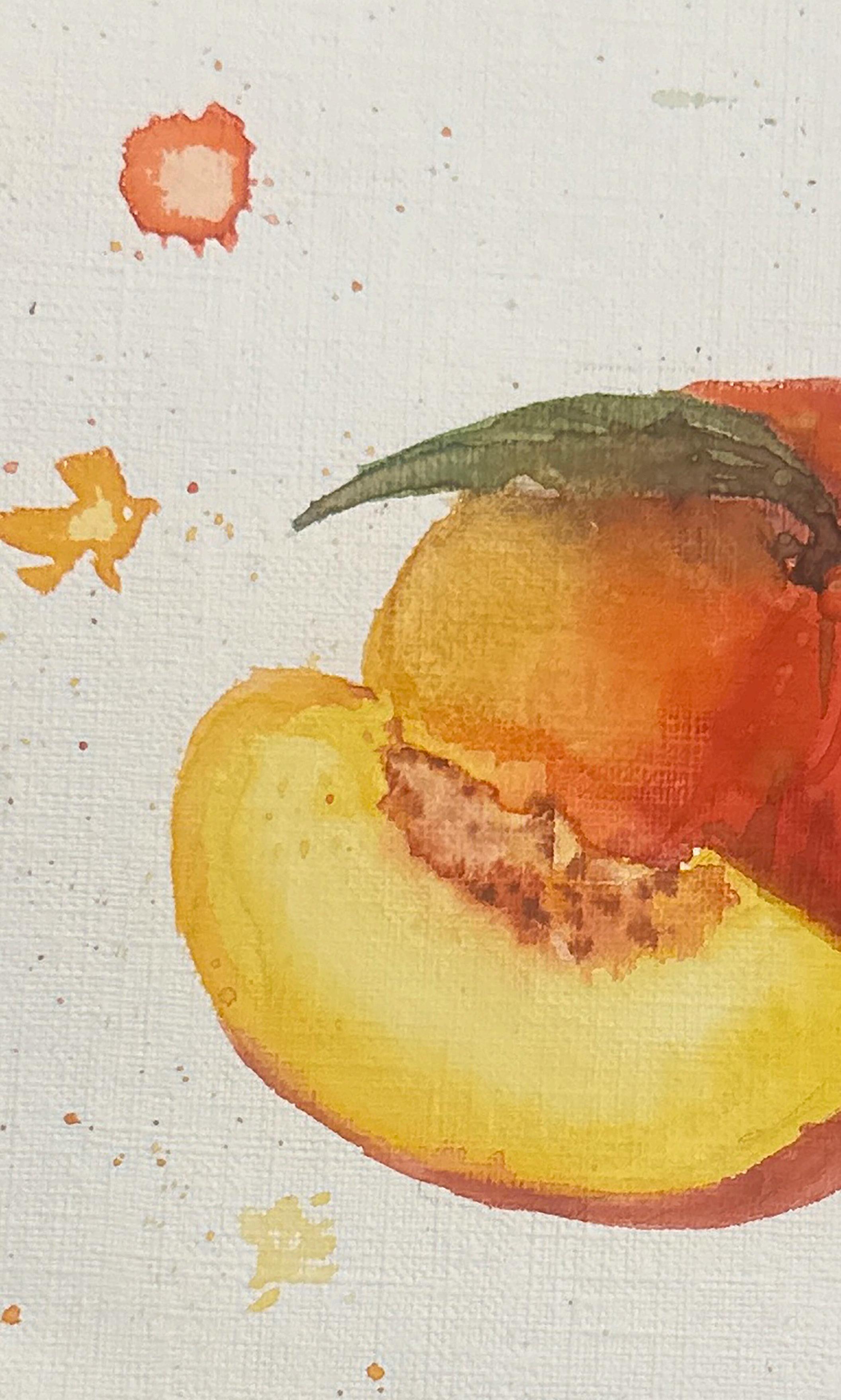

La phrase ‘avoir la pêche’ signifie avoir un bon moral avec beaucoup d’énergie.
Elle est utilisée de manière informelle dans des conversations occasionnelles.
Cette expression est apparue dans les années 1960 et peut être accompagnée d’autres expressions telles que ‘avoir la patate’, ‘avoir la frite’ et ‘avoir la banane’.
The phrase “having the peach” means having high spirits with a lot of energy. The expression is used informally and in casual conversations. The expression first appeared in the 1960s and can be accompanied by other similar phrases; “having the potato”, “having the banana” and “having the french fry”.
By Catie Martinez ‘26
L’expression “Le gratin” adresse “les élites sociales.” Le gratin est une cocotte cuite c’est mettre dans le four jusqu’à devenir complètement cuit et la surface devient brun . Un “gratin” c’est un personne ce respect conne connexions et popularité. L’expression est connectée pour social elites parce que l’idée comme la surface pour le gratin devient brune c’est donc le plus évalués et le plus recherché, comme les élites sociales.
“Si le gratin aime notre produit, le succès est assuré.“


”If the cream of the crop likes our product, success is guaranteed.”
The expression "The Gratin" addresses "the social elites." The gratin is a cooked casserole dish that is put in the oven until it becomes fully cooked and the surface turns brown. A "Gratin" is a person with respect, connections, and popularity. The phrase is connected to social elites because of the idea that the surface of the gratin is turning brown so it is the most valued and sought-after, like the social elites.
By Zoey Taylor ‘26
”Travailler à plein-temps et chercher un diplôme à la fois, c’est pas de la tarte !”
“Working full-time and seeking a degree at the same time, it’s tough!”
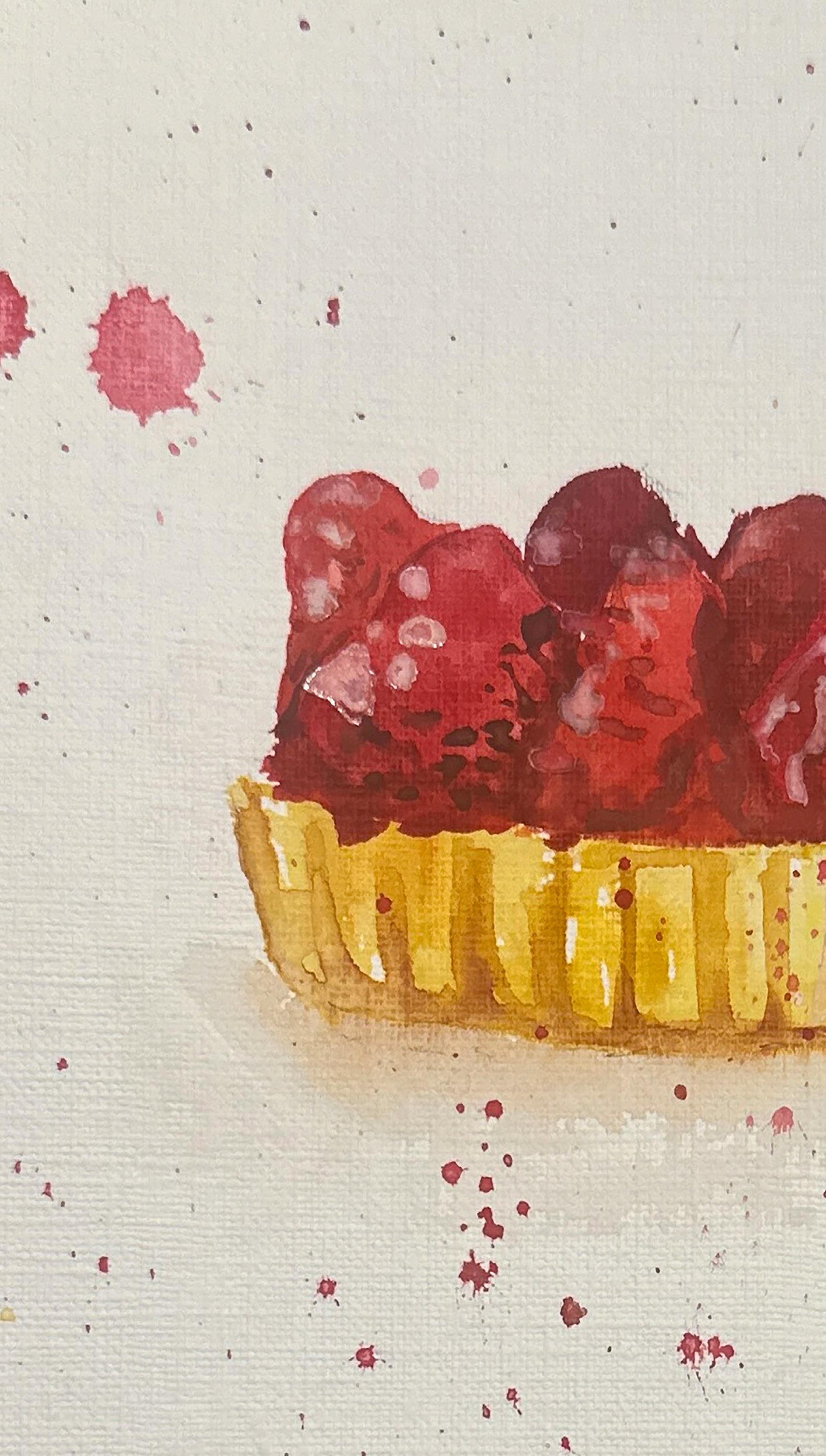


L'expression 'Ce n’est pas de la tarte' est utilisée pour exprimer quelque chose de difficile à faire ou à gérer. Son opposé, 'C’est du gâteau', est utilisé pour décrire quelque chose de très facile. Cette expression est similaire à l'expression anglaise 'a piece of cake'.
Les tartes et les gâteaux ne sont pas faciles à faire en cuisine, alors pourquoi sont-ils associés à l’idée de facilité ? Lorsque l’on utilise ces expressions idiomatiques, cela fait référence à la simplicité de manger les desserts cuits au four. Ainsi, quand quelque chose n'est pas de la tarte, cela signifie que ce n’est rien de facile.
The phrase 'It’s no tart' is used to express that something is tough to do or handle. The opposite of 'ce n’est pas de la tarte' (It’s no tart) is 'C’est du gâteau' (It’s cake), which is used to describe something that is very easy. The following phrase is similar to the English expression “piece of cake”.
Tarts and cakes are far from easy to make in the kitchen, so why are they associated with the idea of ease? When using these idioms, it refers to the simplicity of eating the baked desserts. So when something is 'no tart', that means it is nothing easy.

By Polly Welch ‘26
“Si on perd ce client, c’est la fin des haricots”

“If we lose this client, it’s the end of the beans.”
“C’est la fin des haricots” signifie que tout espoir s’est envolé. Les haricots sont bon marché et rassasiants, et lorsqu’ils sont secs, ils sont mis de côté pour les périodes de pénurie. Une fois que toute réserve de nourriture est consommée et que tous les haricots ont été mangés, cela signifie une position précaire. Cette expression est une mesure d’ironie parce que l’orateur essaie probablement de rendre grave une situation urgente.
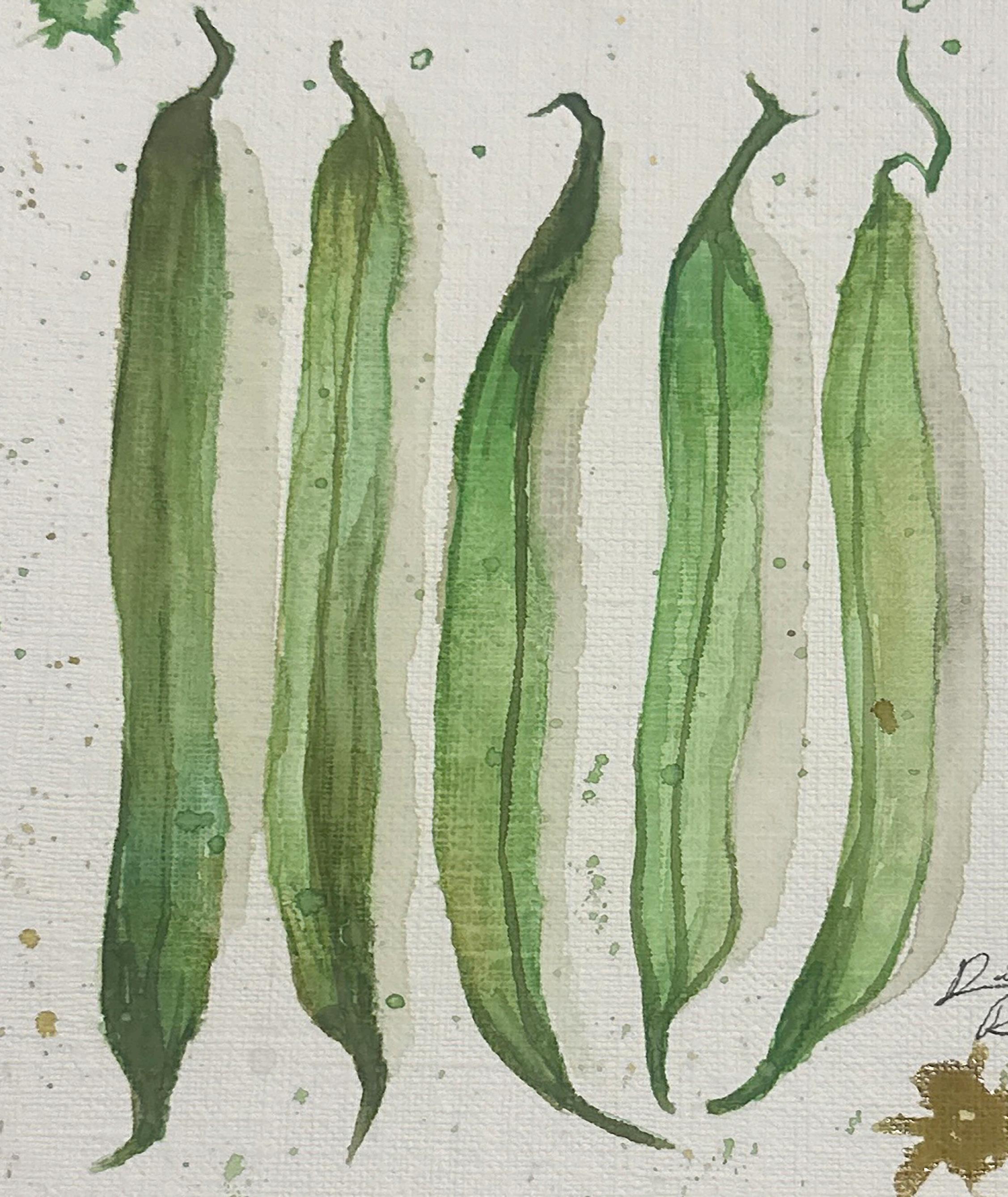
“It’s the end of the beans” means all hope is gone. Beans are cheap, and filling, and when they are dry they are put aside for times of scarcity. After an entire food supply is eaten and all the beans have been eaten it means a precarious position indeed. This expression is a measure of irony because the speaker is likely trying to make an urgent situation serious.
By Helena Borcherding ‘26
En rang d’oignon fait référence au mode de plantation des oignons dans un jardin : alignés les uns à côté des autres en ligne droite. Ainsi, cette expression signifie être alignée en file indienne ou être dans une ligne droite. Au 16e siècle, Artus de la Fontaine-Solaro, Baron d'Oignon, était un maître de cérémonie. Il veillait à ce que les invités lors des célébrations officielles soient placés en fonction de leur rang. Being in onion row refers to the way onions are planted in a garden: aligned next to each other in a straight line. Therefore, the expression means being in a straight line or lined up in a single file. In the 16th century, Artus de la Fontaine-Soaro, Baron of Oignon, was a master of ceremonies. He made sure that guests at official celebrations were placed according to their ranks.
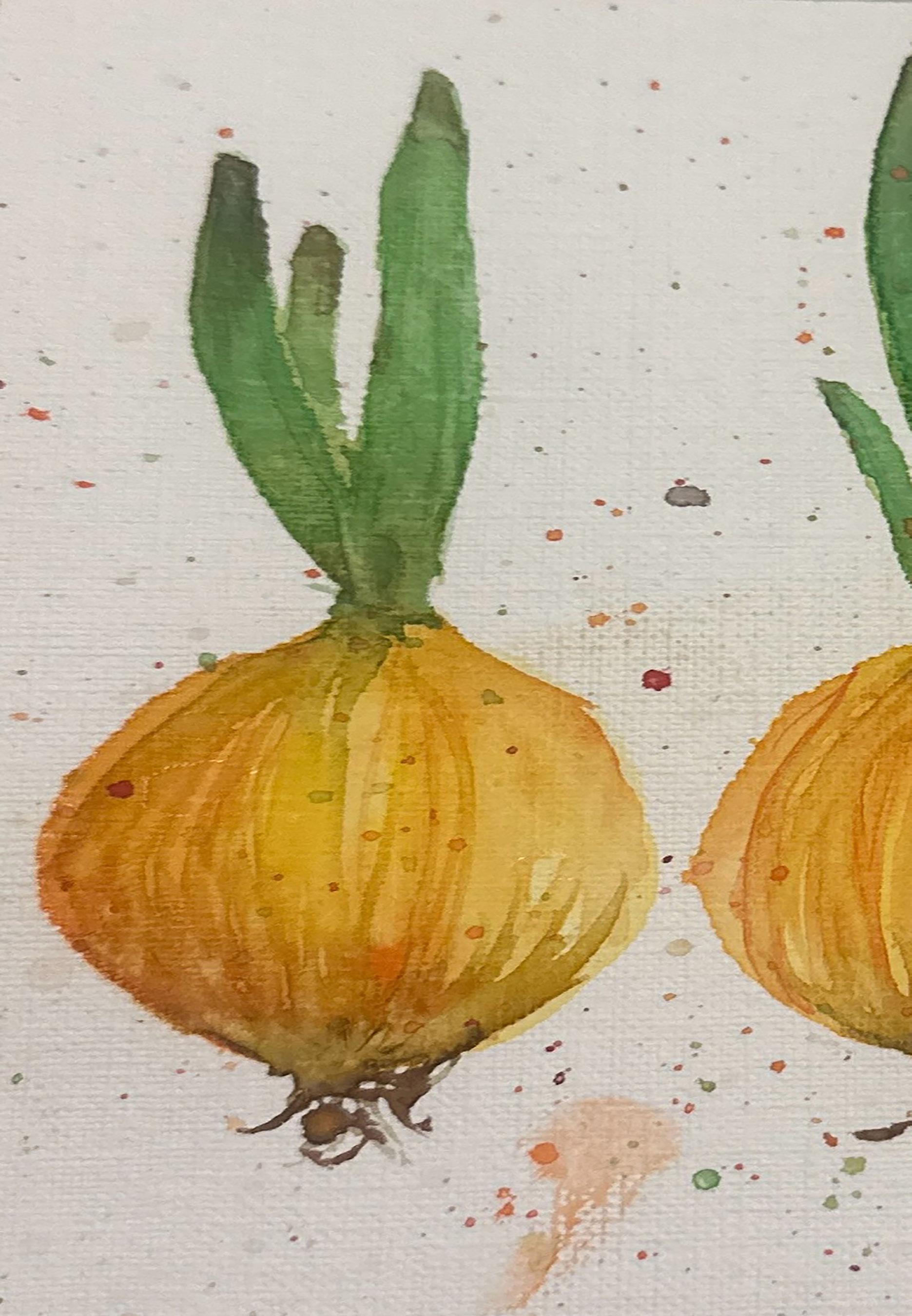
“C’était adorable de voir tous les enfants en rang d’oignon sur la scène.”
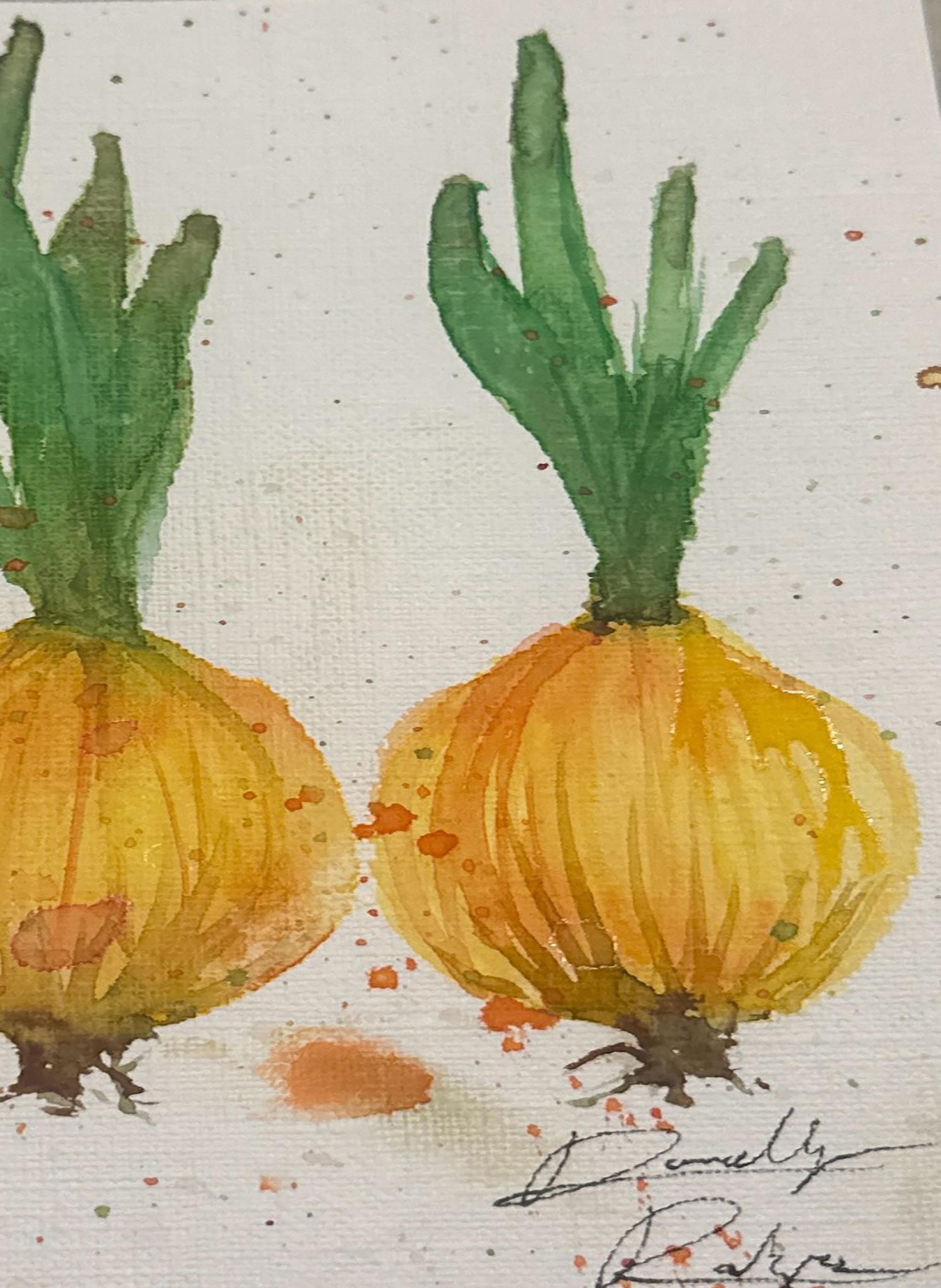
“It was adorable to see all the kids in onion rows on stage.”
By Ellie Watts ‘26
“Comme d’habitude, les journalistes ont fait leur miel des rivalités au sein du parti.”

“As usual, journalists have made their honey out of the rivalries within the party.”


Quand vous tirez profit d’une situation, on dit que vous en faites votre miel. L’image fait référence aux abeilles qui vont de fleur en fleur pour récolter le nectar et le miel, puis les transformer en miel. Bien que ce processus ait joué un rôle crucial dans la reproduction des plantes, dans cet idiome, l’abeille est vue comme profitant des ressources de la fleur.
When you’re profiting from a situation, you are said to make your honey out of it. The image refers to bees, going from flower to flower to harvest nectar and pollen and turning it into honey. Although this process plays a crucial role in the plant’s reproduction, in this idiom the bee is seen as taking advantage of the flower’s resources.
By Roby Sickles ‘26
L'expression 'En faire tout un fromage' signifie faire beaucoup de bruit à propos de quelque chose, ce qui donne l'impression d'exagérer. Cela équivaut à utiliser un peu de crème pour faire beaucoup de fromage. Cette expression est dérivée de l'expression 'En faire tout un plat', qui devient également 'En faire tout un flan'.
Making a whole cheese out of it means making a big fuss about something and exaggerating its importance, much like using a little cream to make a lot of cheese. This expression is derived from the phrase 'making a whole dish out of it', which also evolved into 'making a whole flan out of it'.


“Il ne faut pas en faire tout un fromage!”
“No need to make a big fuss about it!”
“Language is the blood of the soul into which thoughts run and out of which they grow”
-Oliver Wendell Holmes


Using language to express emotion is to be human ...

By Gabriela Mistral
Como soy reina y fui mendiga, ahora vivo en puro temblor de que me dejes, y te pregunto, pálida, a cada hora: «¿Estás conmigo aún? ¡Ay, no te alejes!»
Quisiera hacer las marchas sonriendo y confiando ahora que has venido; pero hasta en el dormir estoy temiendo y pregunto entre sueños: «¿No te has ido?».
Translated by George Kapp, ’26
As I am a queen and I was a beggar, now I live in fear that you will flee, and I ask you, white-faced, every hour. “Are you still with me? Don’t leave!”
I dream of walking on, smiling and trusting now that you are near; but even in my sleep I am fearing, and between dreams, I ask: “Are you still here?”

Gabriela Mistral (Chile, 1889-1957) remains one of Latin America’s most celebrated poets to this day. In 1945, Mistral became the first Latin American woman to receive the Nobel Prize in literature.
By Mahmoud Darwish
Translated by James Lynch ‘25
The shadow, neither male nor female, Pallid, even if I engulfed it into flames …
It follows me, expanding then shrinking.
I was walking. It was walking.
I sat. It sat.
I ran. It ran.
I uttered: Let me fool it and take off my ashen coat It mimicked me, and took off its ashen coat…
I turned onto the side road
It turned onto the side road.
I uttered: Let me fool it and walk out of my city’s sunset
Then I saw it walking ahead of me
Into the sunset of another city . . .
I uttered: Then, I’ll follow it to trick it.
I’ll follow this parrot of shapes and mock it
Copying what copies me
For the like to stumble on the like
But I would not see it, and it will not see me.
Mahmoud Darwish (1941-2008) Considered Palestine’s national poet.
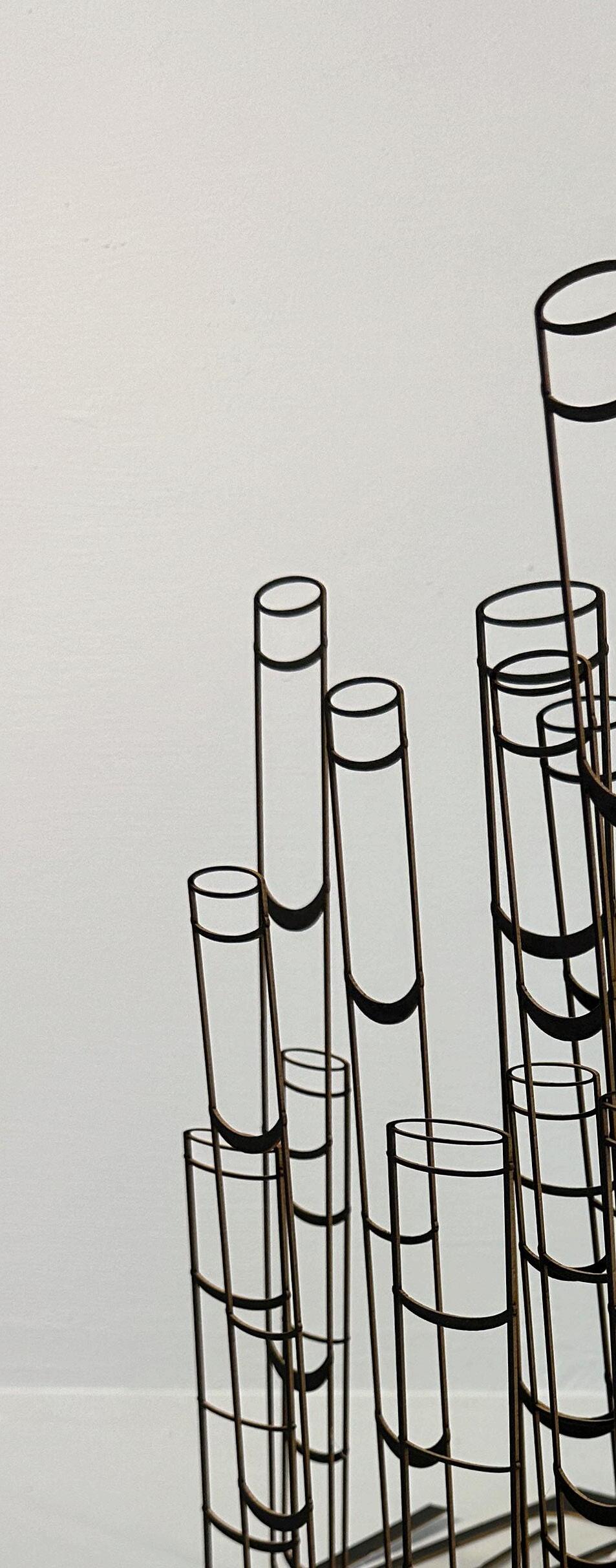



By Antonio Machado
Este amor que quiere ser, acaso pronto será; pero ¿cuándo ha de volver lo que acaba de pasar? Hoy dista mucho de ayer ¡Ayer es Nunca jamás!
II
Moneda que está en la mano quizá se deba guardar; la monedíta del alma se pierde si no se da.
“ADVICE”
This love that wants to be, perhaps soon will be; but when does what has just happened have to come back?
Today is far from yesterday, and yesterday is never again!
II Money in-hand perhaps should be saved; The value of the soul is lost if not shared.
Antonio Machado (Spain, 1875-1939) is widely considered one of the best Spanish poets. Machado was one of the leaders of the Generation of ‘98 literary movement, and his work exhibits both modernist and romantic characteristics.


By Paul Verlaine
Voici des fruits, des fleurs, des feuilles et des branches
Et puis voici mon cœur qui ne bat que pour vous.
Ne le déchirez pas avec vos deux mains blanches
Et qu’à vos yeux si beaux l’humble présent soit doux.
J’arrive tout couvert encore de rosée
Que le vent du matin vient glacer à mon front.
Souffrez que ma fatigue à vos pieds reposée
Rêve des chers instants qui la délasseront.
Sur votre jeune sein laissez rouler ma tête
Toute sonore encore de vos derniers baisers;
Laissez-la s’apaiser de la bonne tempête,
Et que je dorme un peu puisque vous reposez.
Here are some fruits, flowers, leaves, and branches
And here too is my heart that beats only for you.
Do not tear it with your two white hands
And let the humble present be sweet to your beautiful eyes.
I come fully covered still with the dew
Frozen to my brow by the morning wind
Allow my exhaustion to find rest at your feet
Dream of dear moments that will soothe it
On your young breast let me rest my head
Still ringing of your last kisses; Let the good tempest calm her
And let me sleep for a moment since you rest.

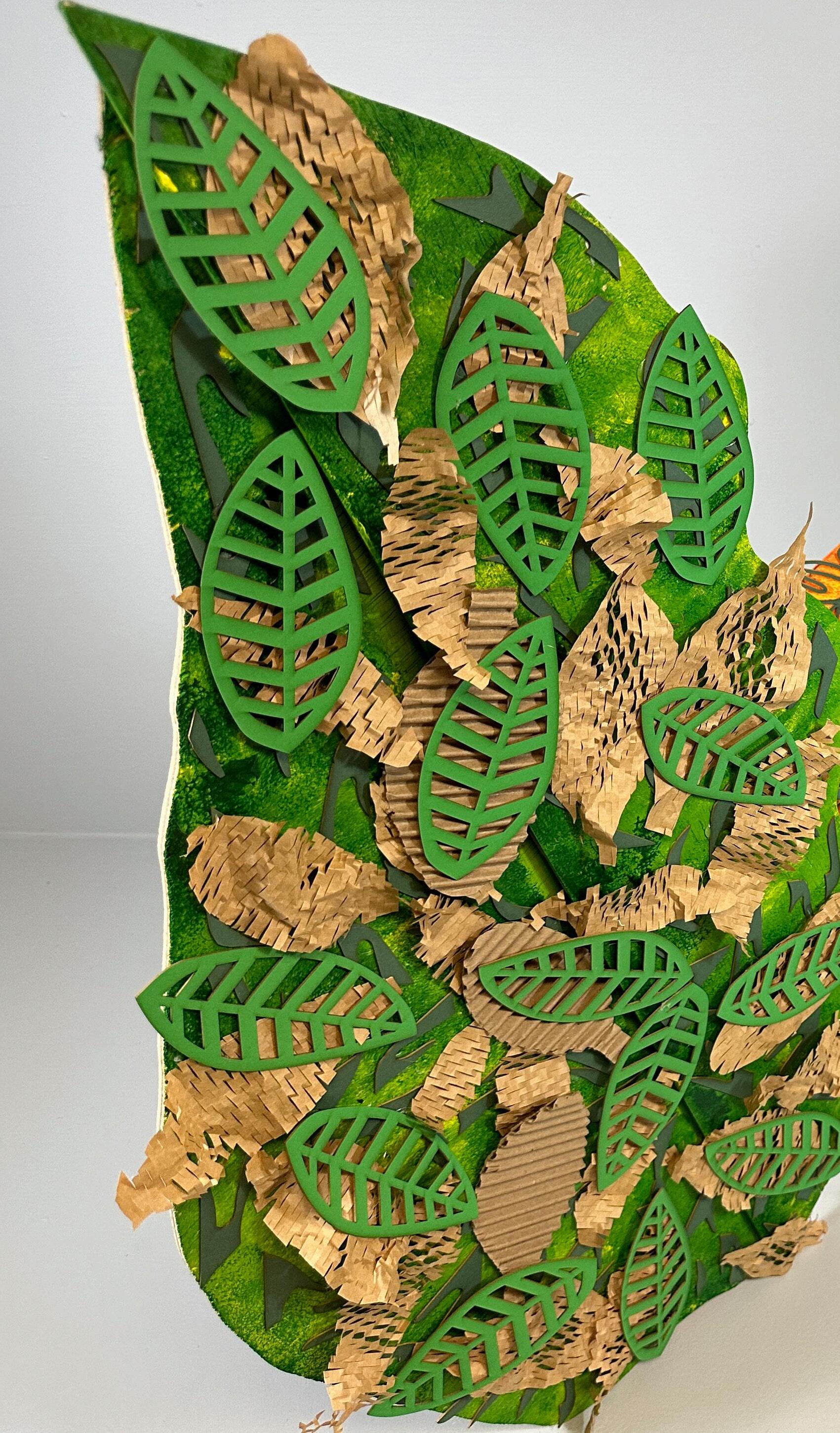

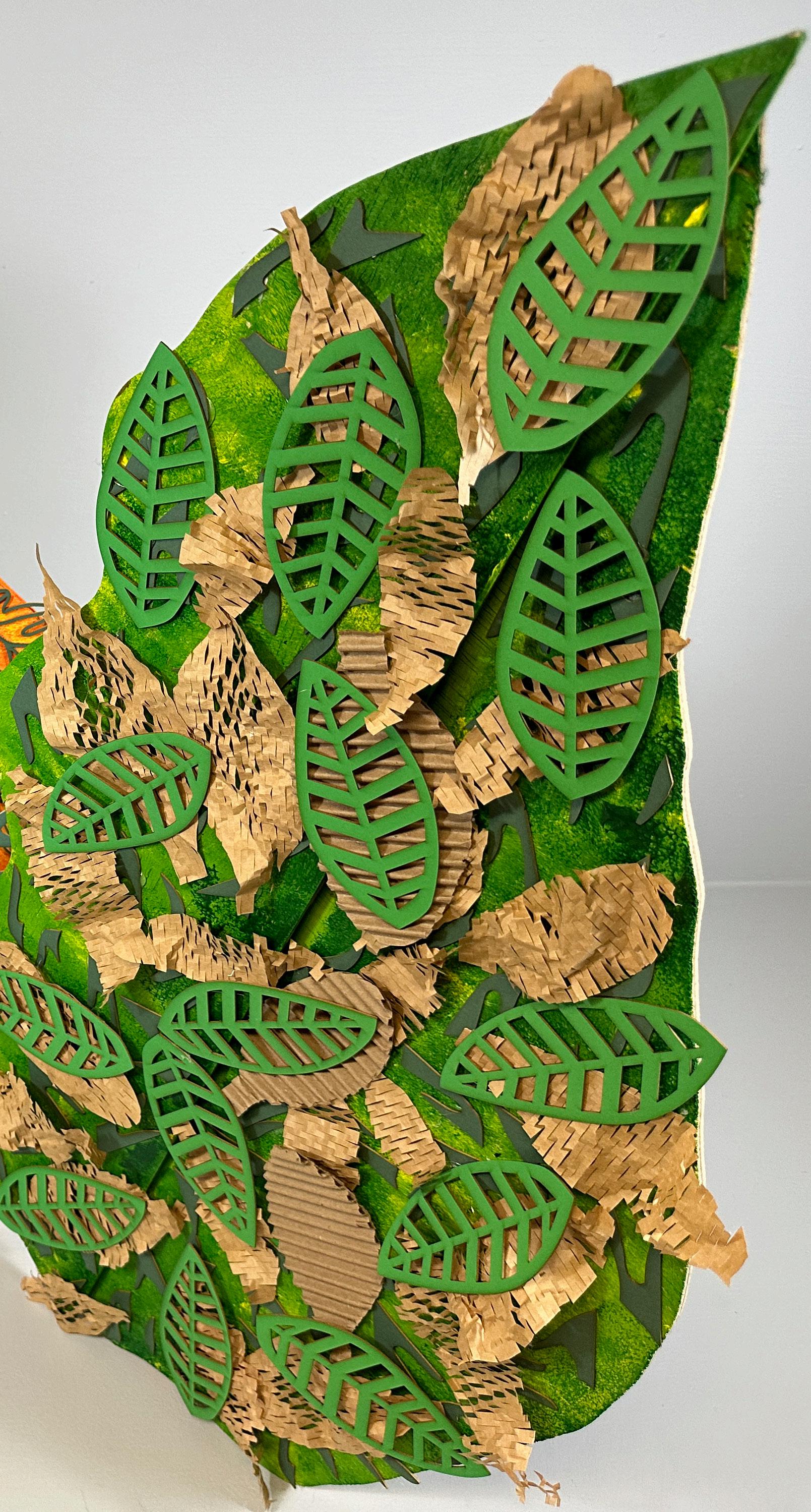
Paul Verlaine (1844-1896) considered one of the best French Symbolist poets.
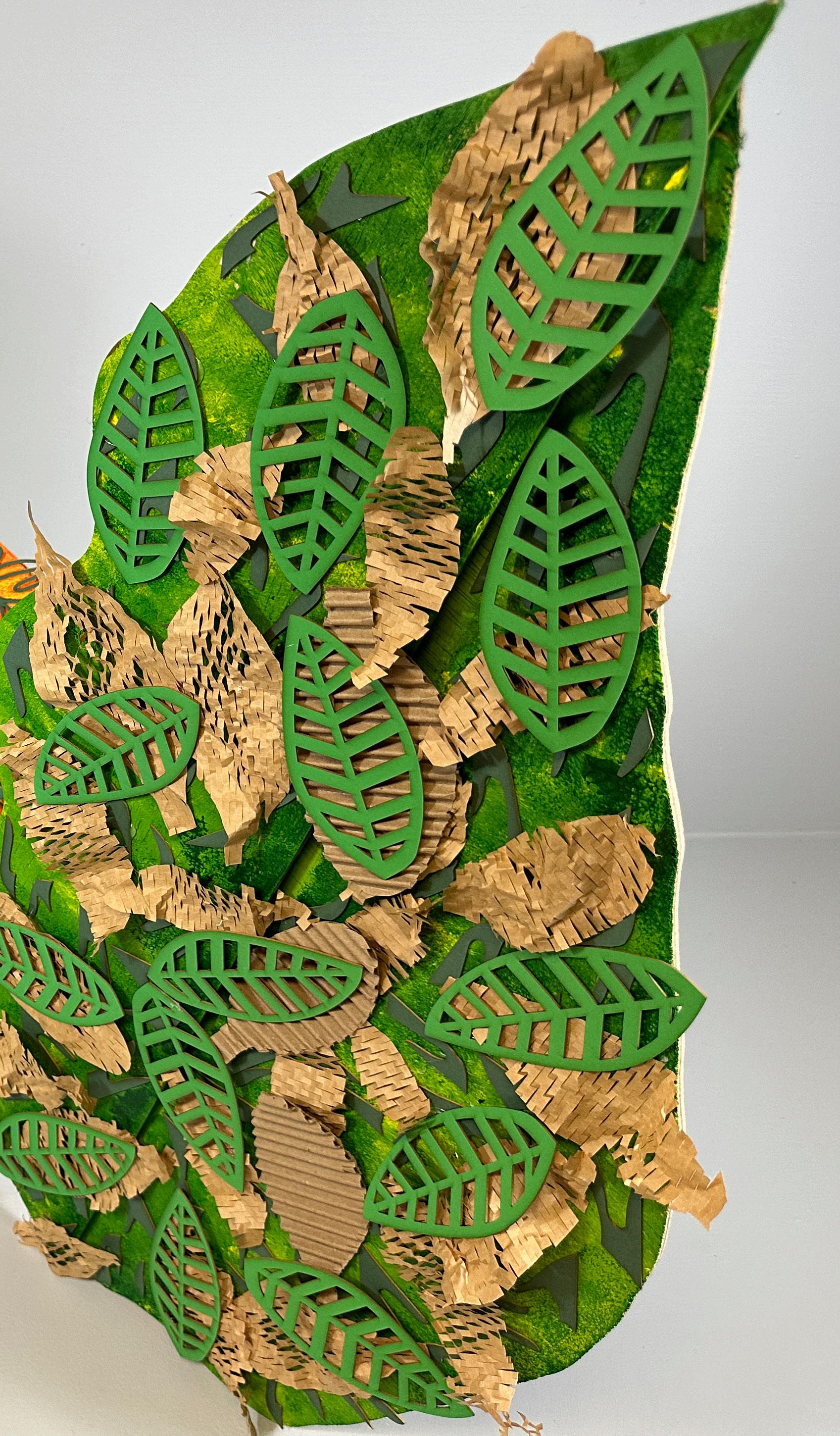
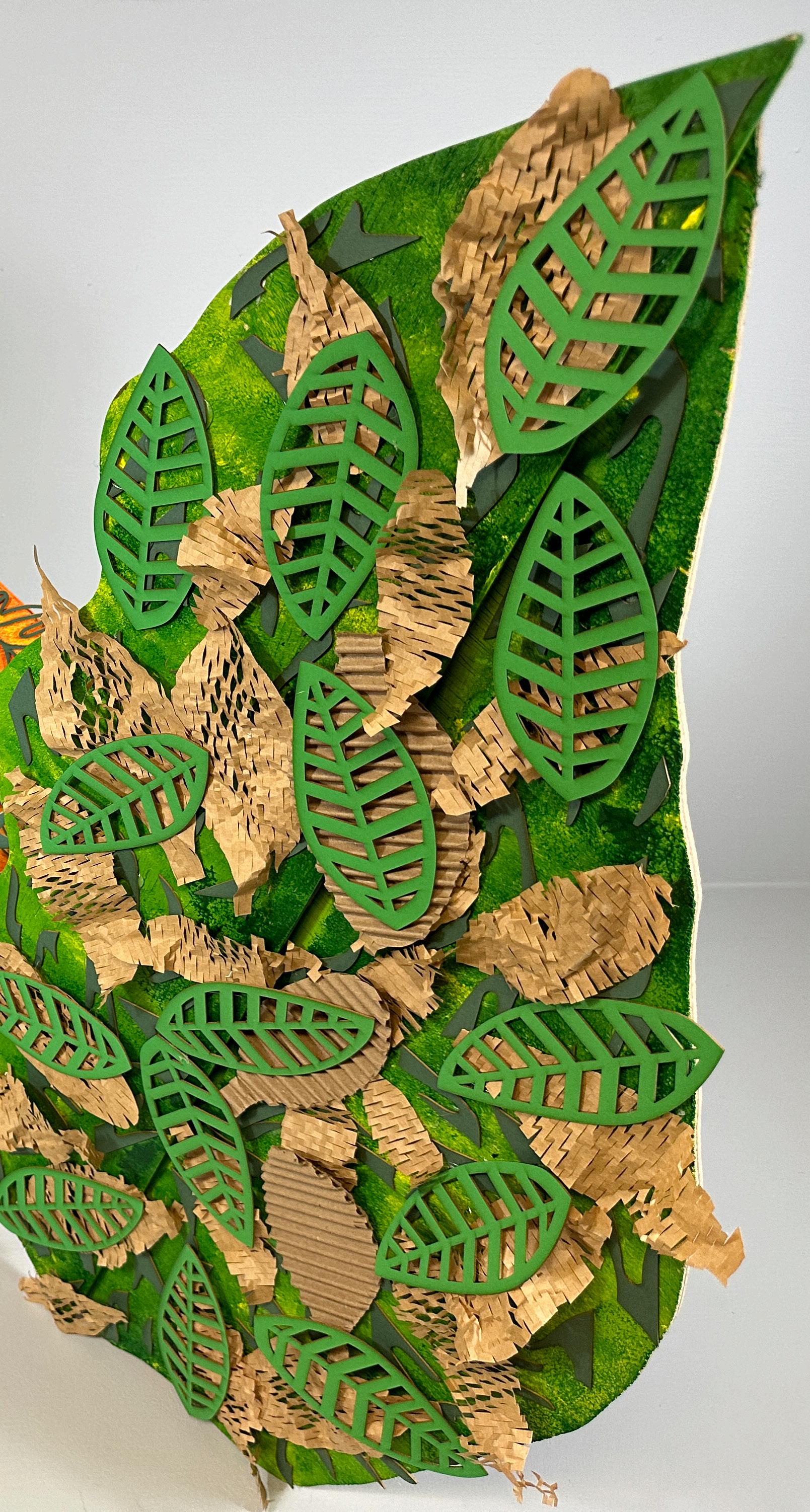
By José Martí
Cultivo una rosa blanca
En junio como enero
Por el amigo sincero
Que me da su mano franca.
Y para el cruel que me arranca el corazón con que vivo, cardo ni ortiga cultivo; cultivo la rosa blanca.

José Martí (1853-1895) was a Cuban nationalist, poet, philosopher, essayist, journalist, translator, professor, and publisher, who is considered a Cuban national hero. He was a patriot who organized and unified the movement for Cuban independence from Spain. He died on the battlefield fighting for Cuba’s independence.

Translated by Jack O’Connor ‘25
I grow a white rose In June as in January For the sincere friend Who gives me his honest hand.
And for the cruel one who tears out The heart with which I live, I grow neither thistle or nettle; I cultivate the white rose.

By Henry Mayerfield ‘26
Along all the world’s coasts and the sands they consist of No one alike
Of all the stars of the vast night sky
No one alike
I find myself wondering at night if I will ever find one
I cry over those long nights abandoned, wasted wondering,
Looking up at the sky or down at the sand
Will I find it?
As I fall into my slumber
My dreary eyes set on you
Only you
Out of all the stars in the sky and sand of the shore, You. Original Work (Hebrew)

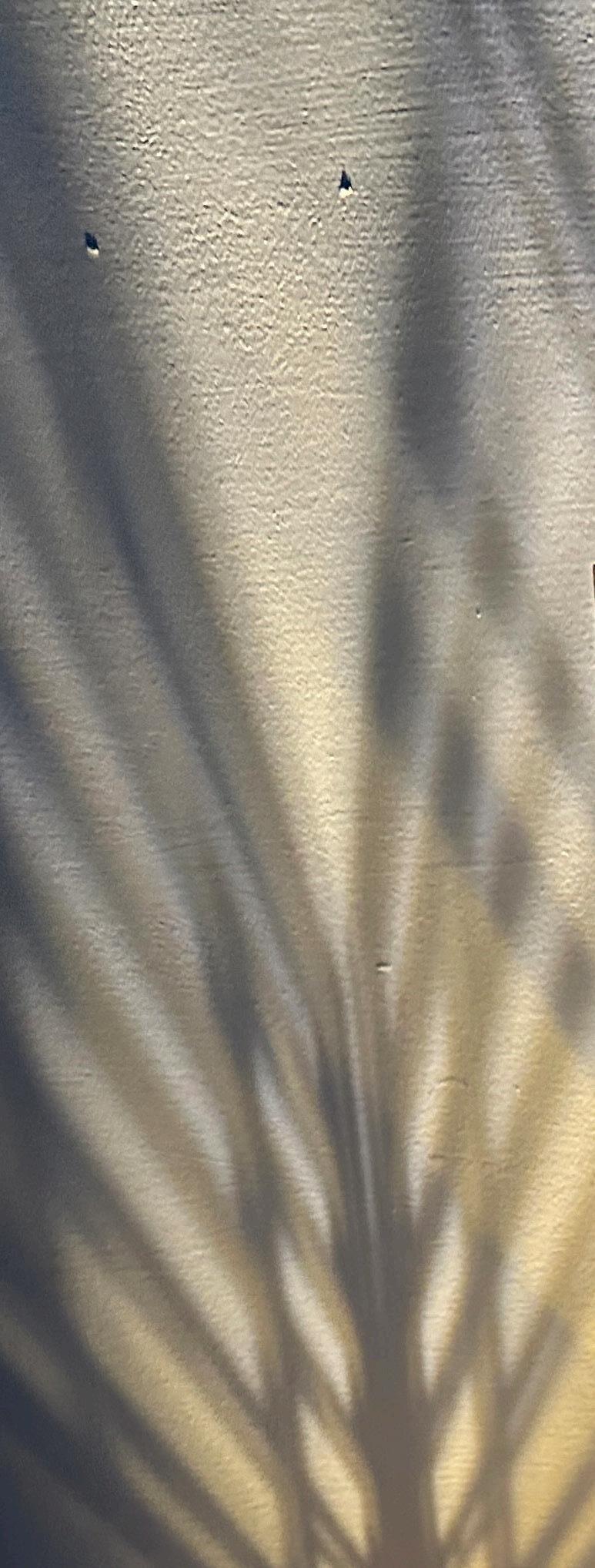
By Griffin Green ‘25
Two sides one goal
Small children and old, they all pay a toll.
Old Grandma’s cooking pot and the stray bullet that was just shot.
If peace is the goal, why must this fighting persist?
We all just want our dreams to exist.
Beneath all the chaos a plea is unheard, when innocent lives are trampled by the herd.
Families and dreams torn apart, But what remains is a call for peace from every heart.



Heights
Art by: Griffin Green ‘25
By Pier Paolo Pasolini
È difficile dire con parole di figlio ciò a cui nel cuore ben poco assomiglio.
Tu sei la sola al mondo che sa, del mio cuore, ciò che è stato sempre, prima d’ogni altro amore.
Per questo devo dirti ciò ch’è orrendo conoscere: è dentro la tua grazia che nasce la mia angoscia.
Sei insostituibile. Per questo è dannata alla solitudine la vita che mi hai data.
E non voglio esser solo. Ho un’infinita fame d’amore, dell’amore di corpi senza anima.
Perché l’anima è in te, sei tu, ma tu sei mia madre e il tuo amore è la mia schiavitù:
Ho passato l’infanzia schiavo di questo senso alto, irrimediabile, di un impegno immenso.
Era l’unico modo per sentire la vita, l’unica tinta, l’unica forma: ora è finita.
Sopravviviamo: ed è la confusione di una vita rinata fuori dalla ragione.
Ti supplico, ah, ti supplico: non voler morire. Sono qui, solo, con te, in un futuro aprile…
Pier Paolo Pasolini (1922-1975) was an influential Italian poet and political activist. An avowed Marxist after World War II, he criticized the infection of American consumerism in Italian culture. His assassination remains a mystery.



Translated by Ray Foley ‘27
It’s so hard to say in a son’s words what I so little resemble in my heart.
Only you in all the world knows what is in my heart what has always been, before any other love.
So, I must tell you something terrible to know: It is from within your kindness that my anguish grew.
You’re irreplaceable. But the life you gave me is condemned to loneliness.
I don’t want to be alone. I have an infinite hunger for love, love of bodies without souls.
Because the soul is inside you, it is you, but you, you are my mother and I am slave of your love
I spent my childhood a slave to this high, incurable sense of immense obligation.
It was the only way I could feel life, the sole color, the unique shape. Now, it’s over.
We survive, in the confusion of a life reborn outside of reason.
I beg you, oh, I pray: Do not hope to die. I’m here, alone, with you, in a future April…

Kaleidoscope
Art by: Josh Katz ‘26

Translated by Sasha Kurbanov ‘25
I thought my heart had lost the power of suffering love's gentle pain, I said, whatever happened, It will not be! It will not be! Delight and sorrows have gone, and gullible dreams that shone so bright… And then again they came back flocking Called up by the powerful beauty of night.
By Alexander Pushkin

Alexander Pushkin (1799-1837) was a Russian romantic poet, playwright and novelist.
By Maxwell Collela ‘26
Recuerdo que bebías té mientras mirabas los pájaros afuera
Los momentos en los que rezábamos antes de dormir, acostados sobre mi manta
Cuando tomaba tu mano mientras caminábamos por la acera
La forma en que tratabas a los otros y vivías con tanta gracia, eras una santa
Me diste los mejores momentos de mi niñez
Como traer nuestros cereales favoritos o salir con Lolo1 a cenar
Ojalá pudiéramos revivir estos recuerdos otra vez
Porque nunca los voy a olvidar
No tuvimos oportunidad de vernos una última vez, ni despedirnos
Te extraño mucho Lola.1
I remember you used to drink tea while watching the birds outside
The moments when we prayed before going to sleep, lying on my blanket
When I held your hand while we walked along the sidewalk
The way you treated others and lived with such grace, you were a saint
You gave me the best moments of my childhood
Like bringing our favorite cereals or going out to dinner with Lolo I wish we could relive these memories again
Because I will never forget them
We didn't have a chance to see each other one last time, or say goodbye
I miss you so much, Lola.1
1. Grandma (Tagalog)
Original Work (Spanish)
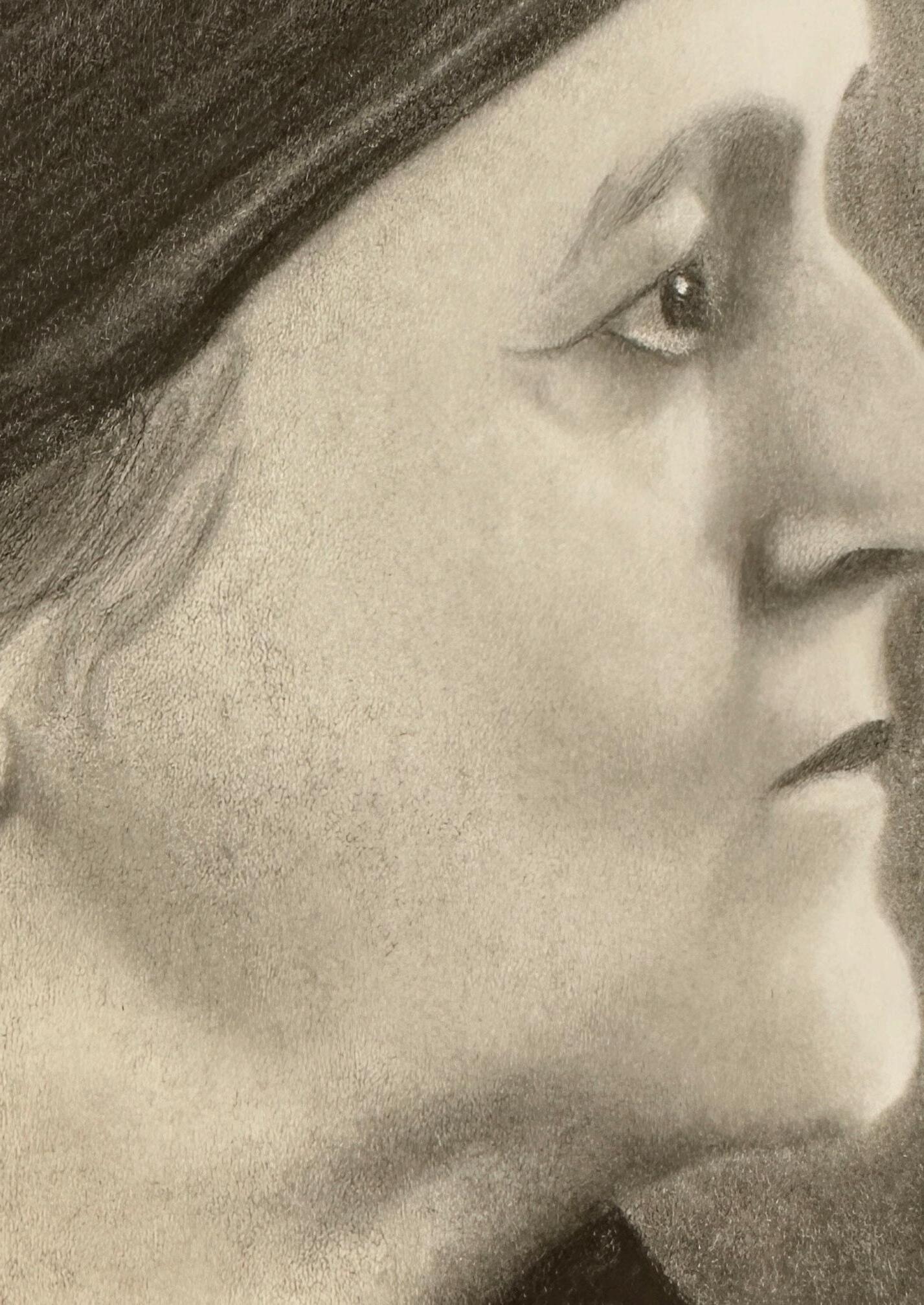


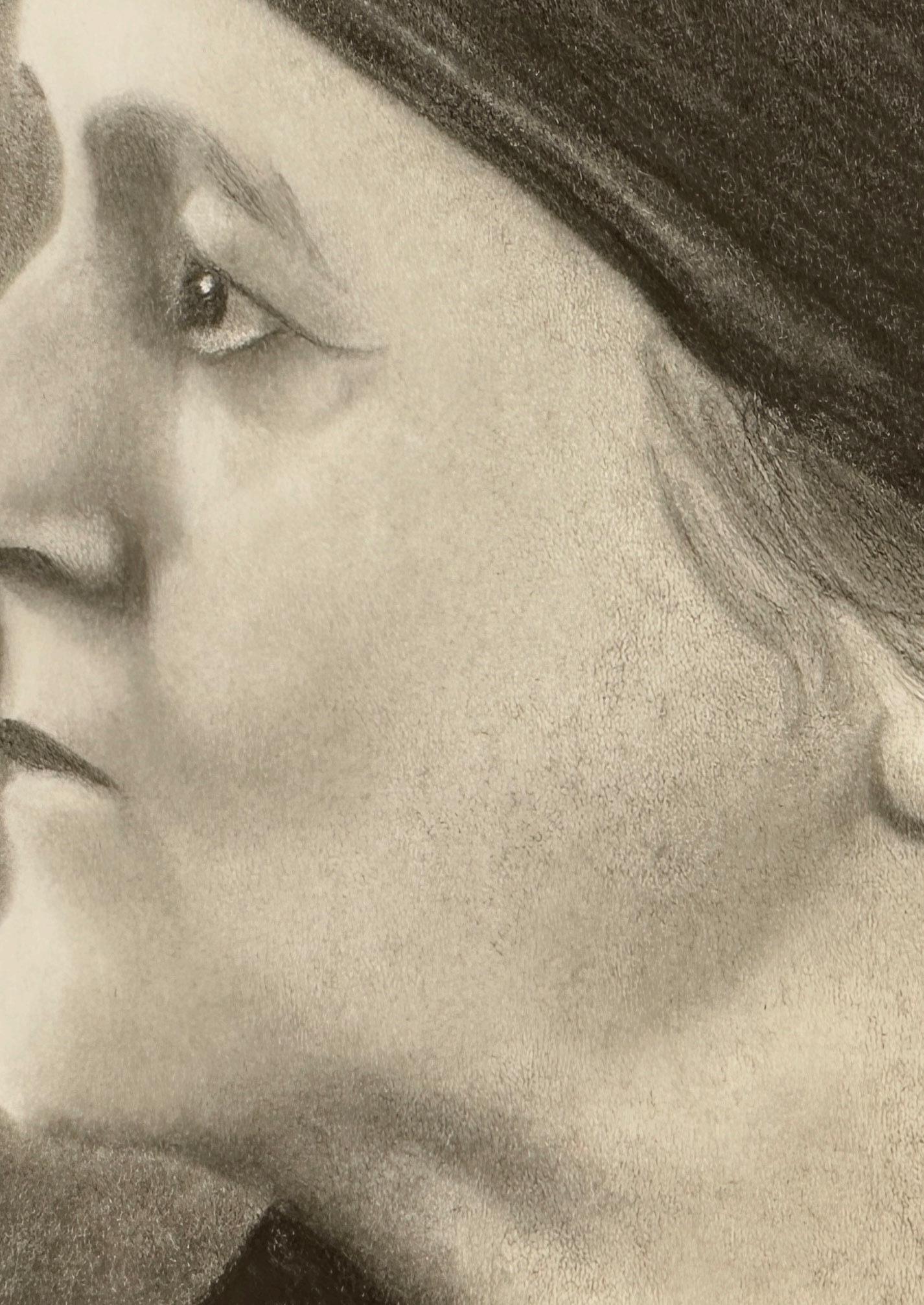
By Chris Hake ‘27 and Harry Saunders ‘27
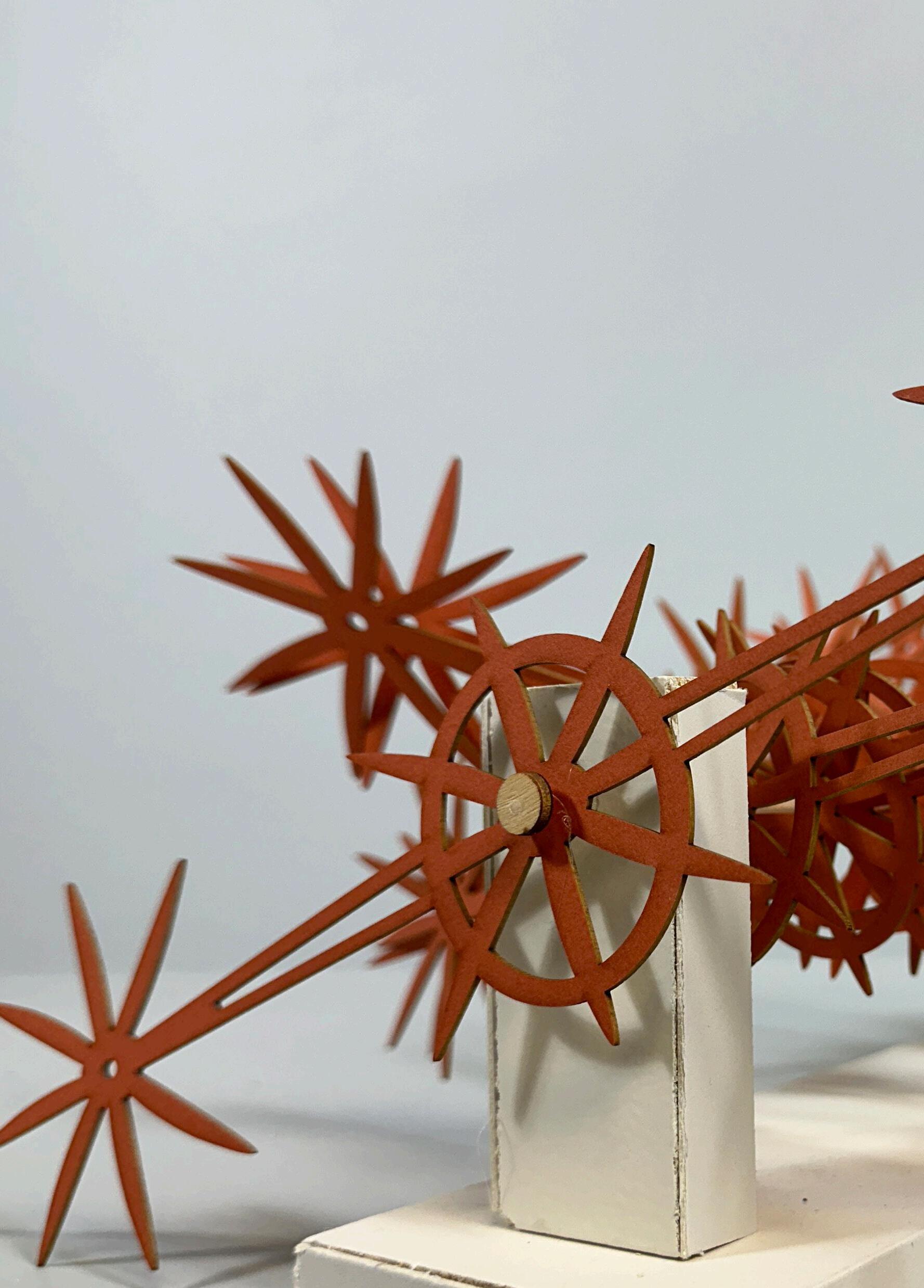
太阳是天的眼睛 让天看着所有的人
月亮是夜ye的眼睛 照亮每个黑暗的角落
高山是大地的眼睛 举起我们的希望
浪花是海洋的眼睛 把梦想带给我们
雨滴是乌云的眼睛 流到每个人的心
我们是心灵的眼睛 努力找到真爱的人
Original Work (Chinese)
The sun is the sky’s eye It lets the sky watch over everyone
The moon is the night’s eye It lights every dark corner
Great mountains are the land’s eyes they bring up our hopes
The spray is the ocean’s eyes It gives us our dreams
The raindrops are the cloud’s eyes They fall into everybody’s hearts
We are our heart’s eyes Our efforts find our heart’s true love

Art by: Robby Duncan ‘24
“Traveling — it leaves you speechless, then turns you into a storyteller.”
-Ibn Battuta


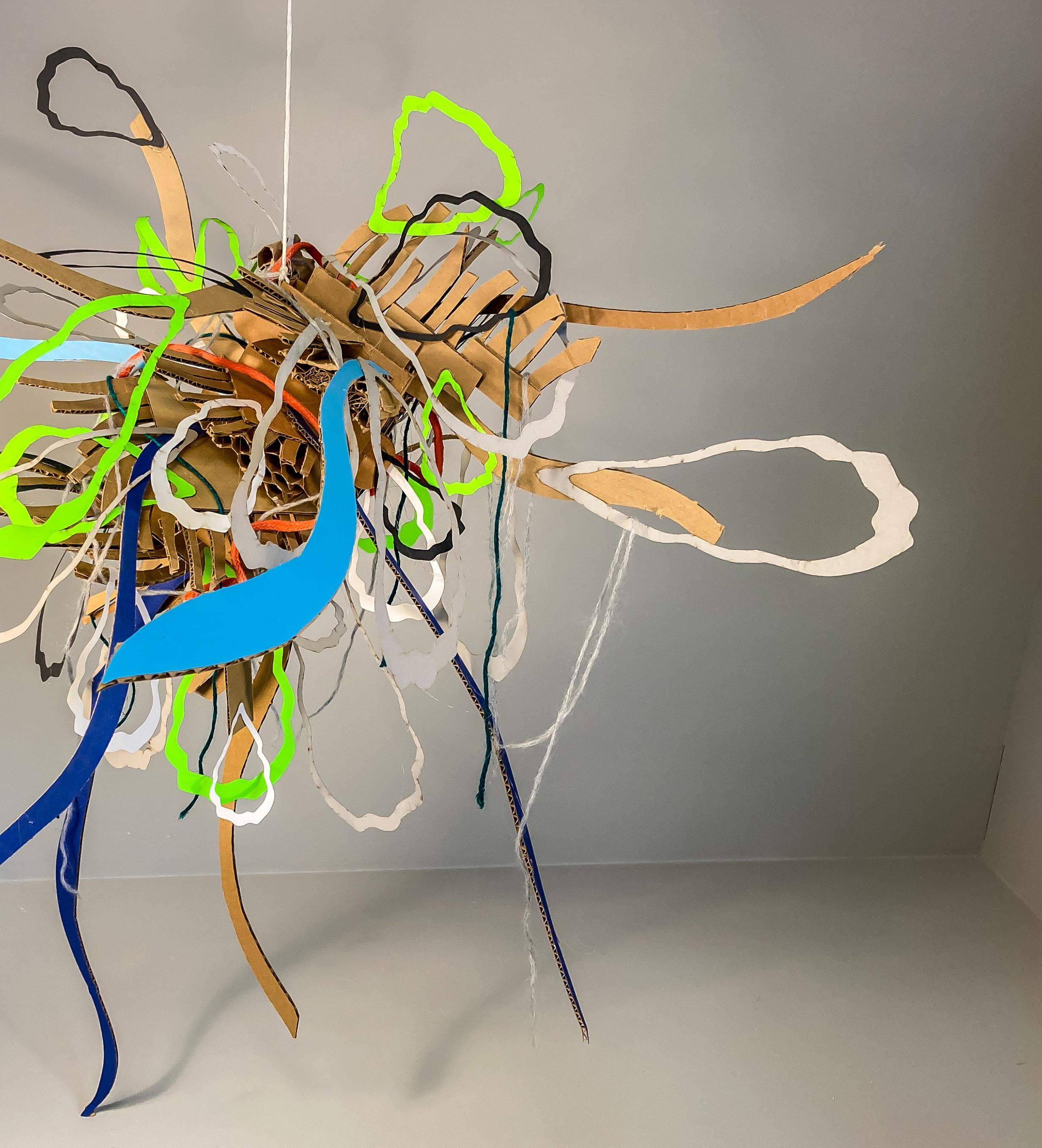
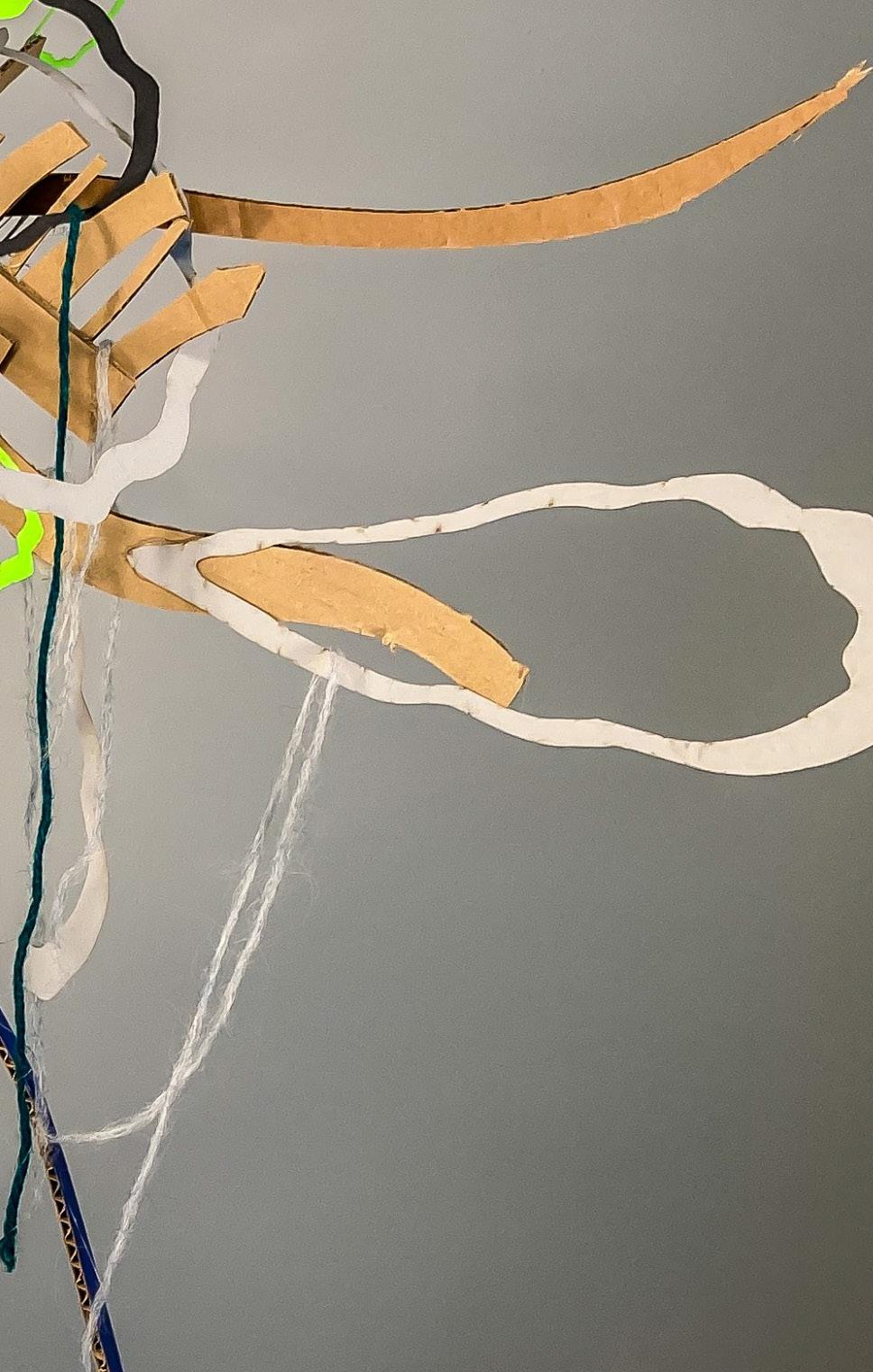
Language has the power to bind us through experience...
By Rosalía de Castro (1837-1885)
Meses do inverno fríos,
Que eu amo a todo amar;
Meses dos fartos ríos
I o dóce amor do lar.
Meses das tempestades,
Imaxen da delor
Que afrixe as mocedades
I as vidas corta en frol.
Chegade e, tras do outono
Que as follas fai caer,
Nelas deixá que o sono
Eu durma do non ser.
E cando o sol fermoso
De abril torne a sorrir,
Que alume o meu reposo,
Xa non o meu sofrir.
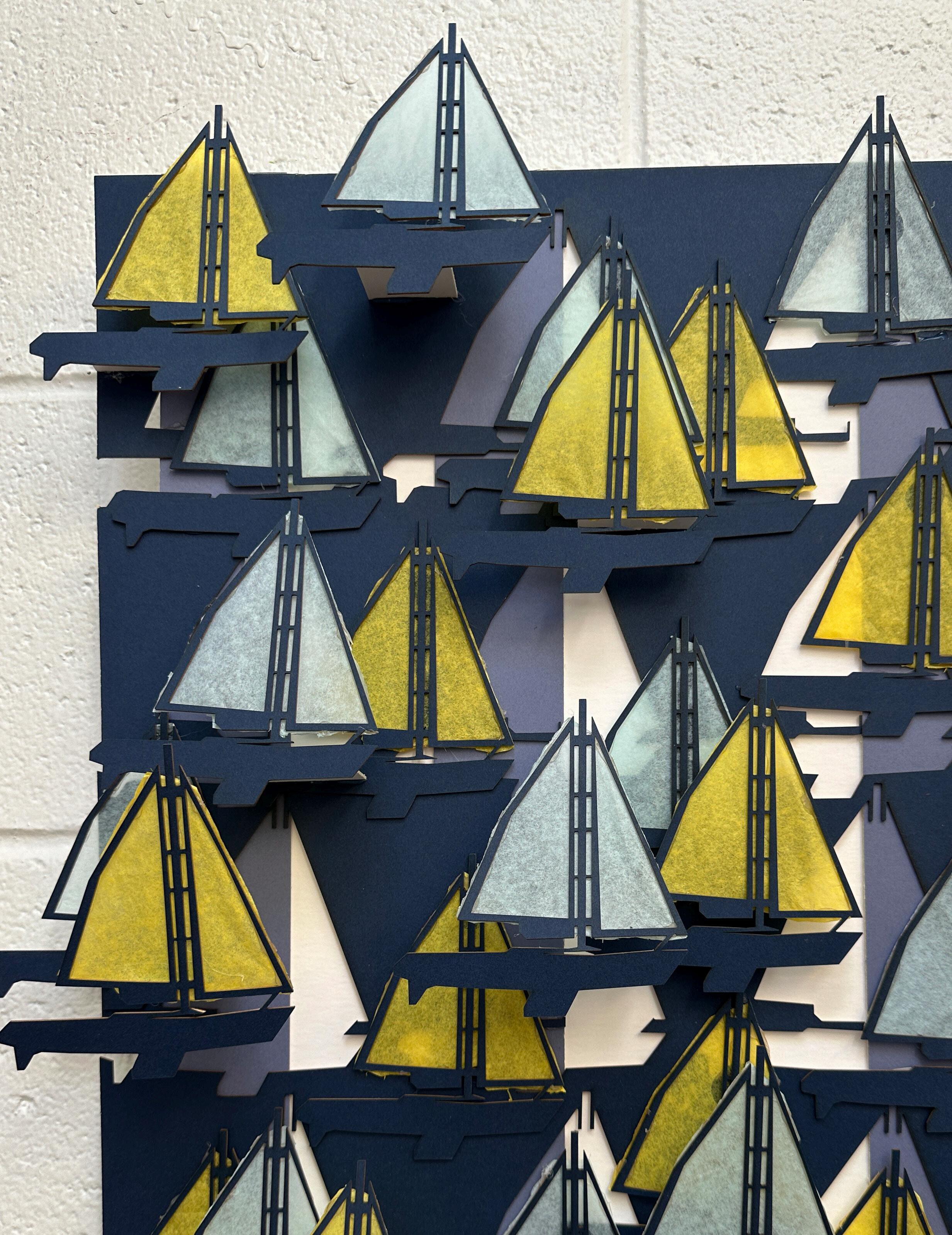
Rosalía de Castro (1837-1885) A Galician icon, considered to be one of the most important Spanish writers of the 19th century.

Cold winter months
That I love with all my heart; Months of over flowing rivers
And the sweet love of the hearth
Months of storms, Image of pain
That afflicts young hearts
Cuts short the lives in bloom.
Come after the autumn That makes the leaves fall
Among them let me sleep
The sleep of not being.
And when the beautiful April sun smiles again Let it shine upon my rest No more upon my suffering.
By Mahmoud Darwish
Translated by Leonardo Gazal ‘25
Nothing pleases me.
The commuter on the bus says:
"Not the radio or the morning paper, nor the bastions in the countryside. I want to cry."
The operator says:
"Rest until you get to the station, then cry alone all you want."
A woman discloses:
"Me too. Nothing satisfies me.
I guided my son to my grave, and he admired it and fell asleep there without adieus."
A college student says:
"Nor does anything please me.
I studied archaeology but did not find identity in stone. Am I truly myself?"
And a soldier says:
"Myself as well. Nothing pleases me. I always besiege a ghost, a ghost swarming me."
The restless driver says: "Here we are, nearing our last stop, prepare to unload."
Then they wail: "We seek what's beyond the station, continue!"
As for me, I say: "Let me off here. I am like them, nothing pleases me, but I am tattered from travel."
Mahmoud Darwish (1941-2008) Considered Palestine’s national poet.



Enfermo en Veracruz, recuerdo un día del Sur, mi tierra, un día de plata como un rápido pez en el agua del cielo. Loncoche, Lonquimay, Carahue, desde arriba esparcidos, rodeados por silencio y raíces, sentados en sus tronos de cueros y maderas. El Sur es un caballo echado a pique coronado con lentos árboles y rocío, cuando levanta el verde hocico caen las gotas, la sombra de su cola moja el gran archipiélago y en su intestino crece el carbón venerado.
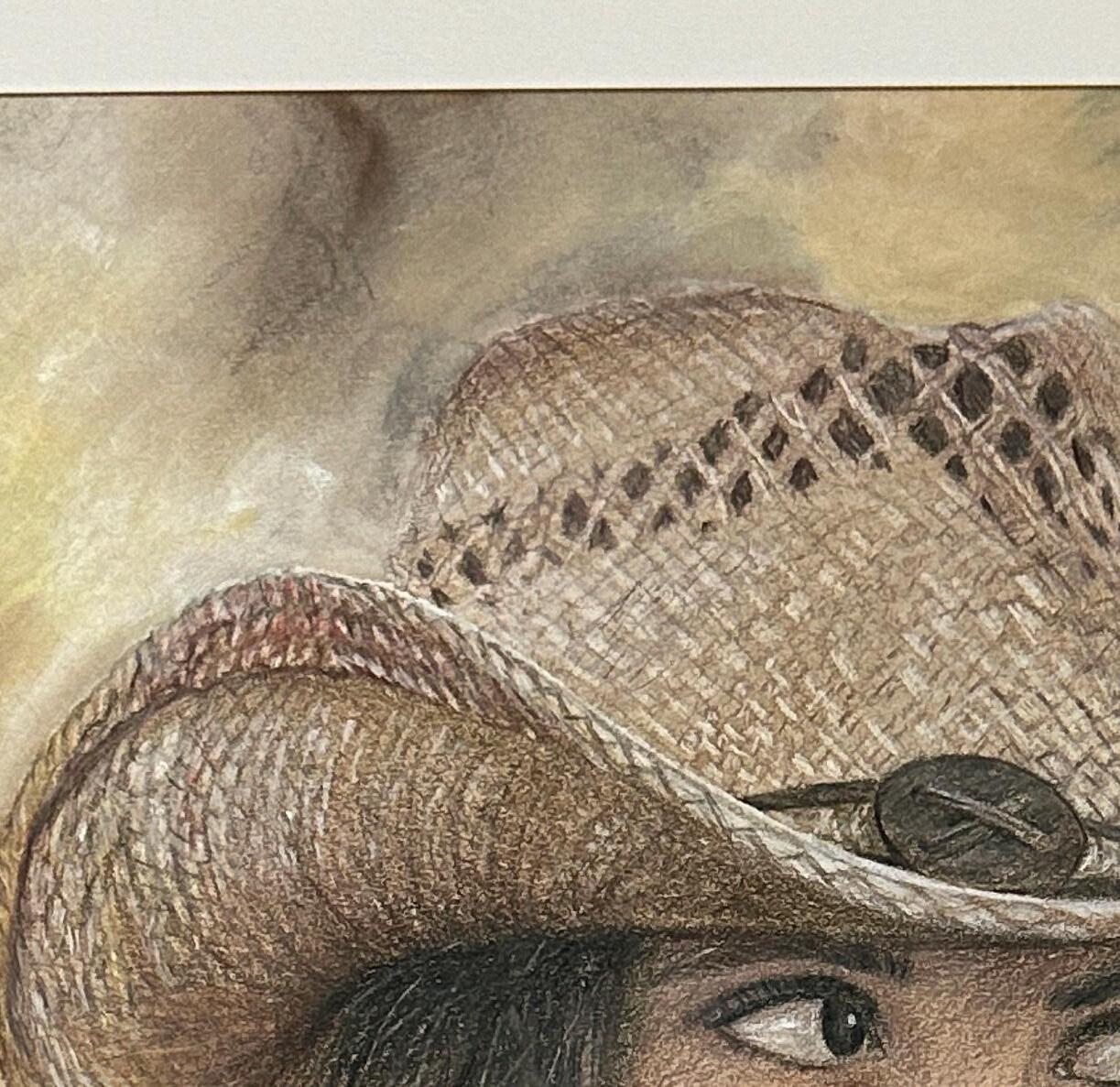

“I WANT TO RETURN SOUTH: 1941”
Translated
by Oliver Hegeman

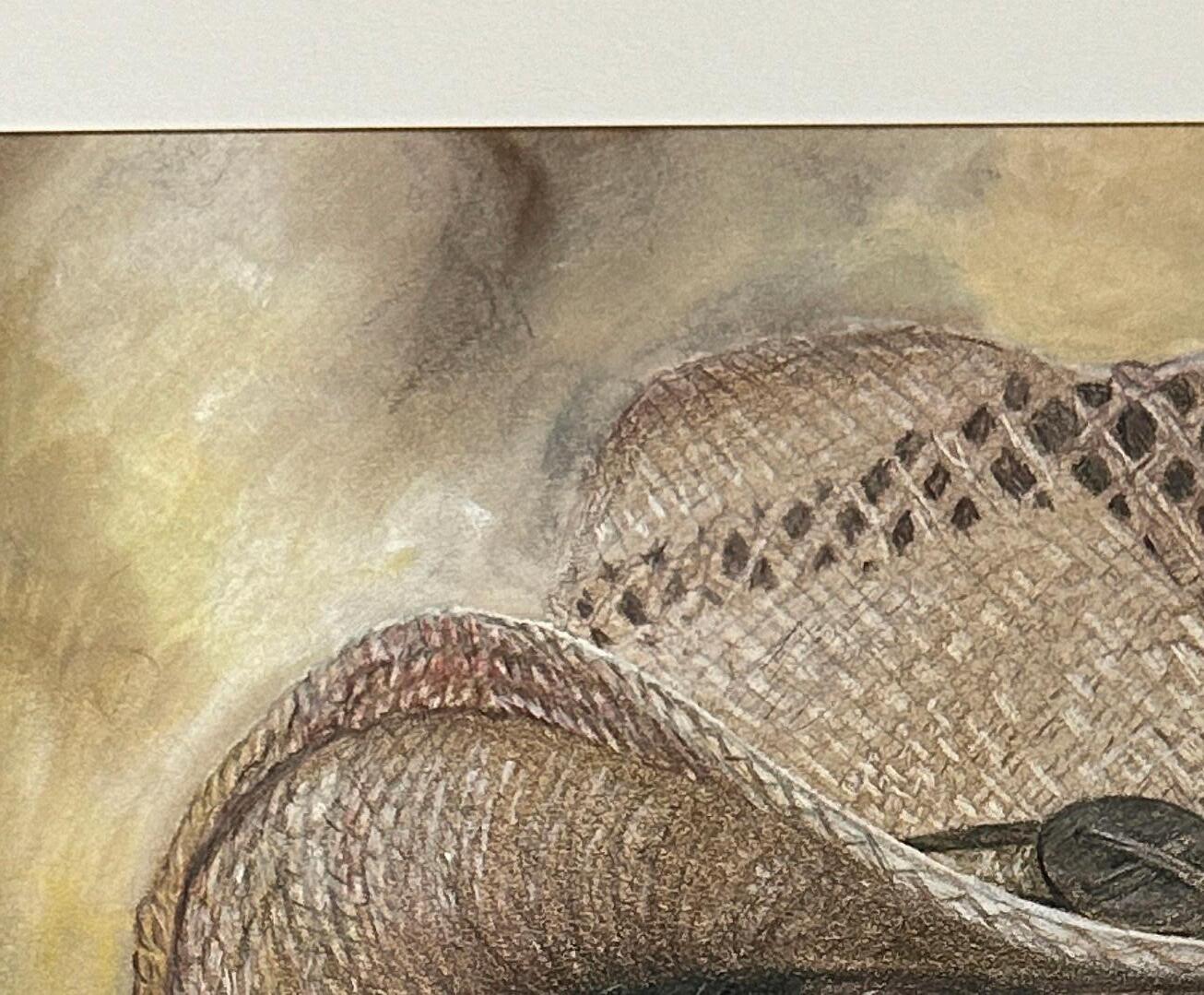
Sick in Veracruz, I remember one day the South, my land, one day as silver as the lively fish in the water of the sky. Loncoche, Lonquimay, Carahue, from above scattered, surrounded by silence and roots, sitting on their thrones of leather and wood. The South is a resting horse crowned with slow trees and dew, When it lifts its green snout, the drops fall, The shadow of its tail wets the great archipelago And in its intestine the revered coal grows.
Pablo Neruda is one of the most revered Latin American poets of the twentieth century. He is best known for his love poems and for receiving the Nobel Prize in literature in 1971. He was also a diplomat and politician who lived in exile for several years in the 40s and 50s.

By: Wu Cheng’en
Translated by Kathryn Xia ‘24
夭夭灼灼,
顆顆株株。
夭夭灼灼花盈樹,
顆顆株株果壓枝。
果壓枝頭垂錦彈﹔
花盈樹上簇胭脂。
時開時結千年熟, 無夏無冬萬載遲。
先熟的,
酡顏醉臉﹔
還生的,
帶蒂青皮。
凝煙肌帶綠,
映日顯丹姿。
樹下奇葩並異卉,
四時不謝色齊齊﹔
左右樓臺並館舍,
盈空常見罩雲霓。
不是玄都凡俗種,
瑤池王母自栽培。

Wu Cheng’en (1506-1582) was a Chinese poet, novelist and politician during the Ming dynasty.
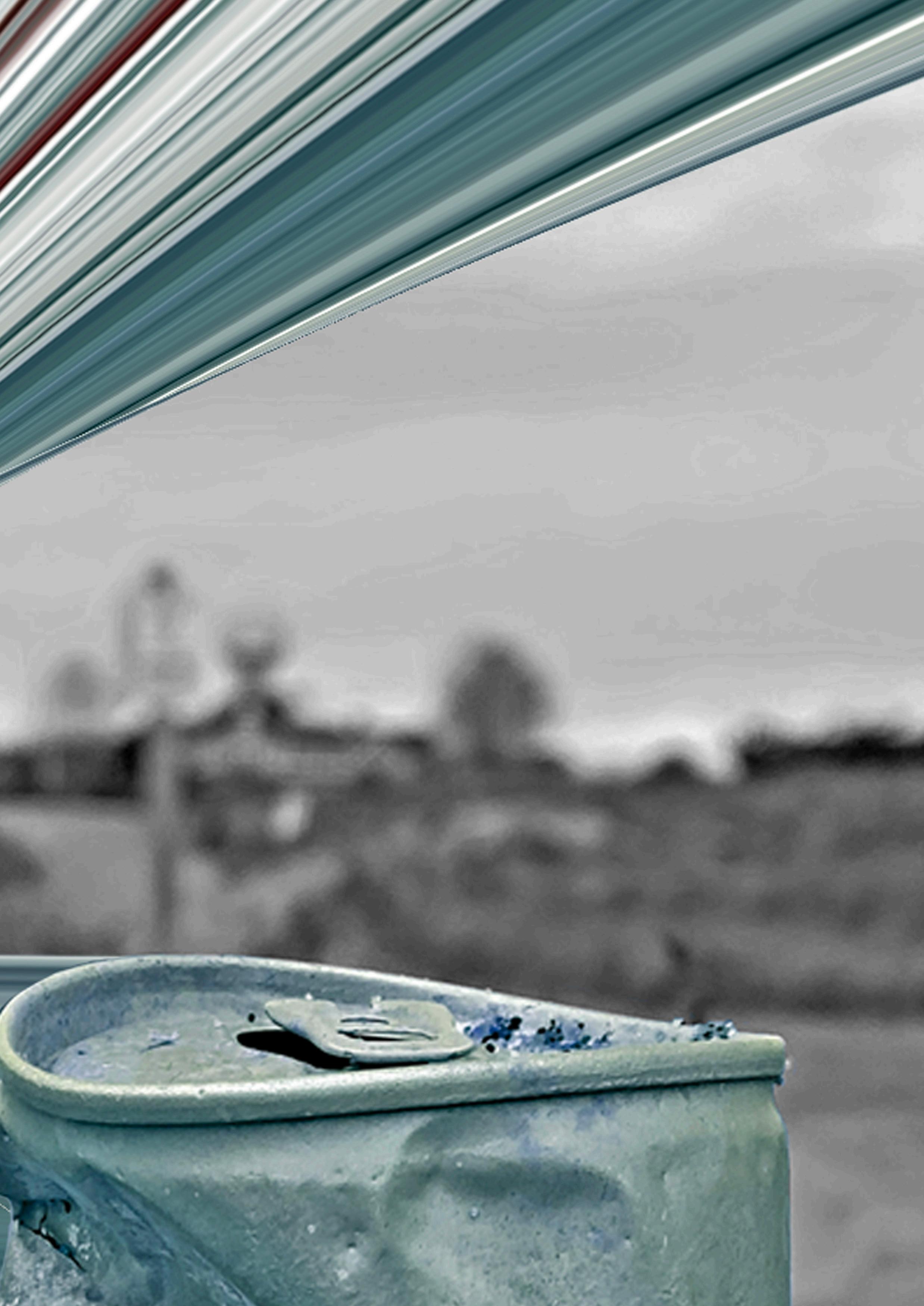
Lush, shining, every tree. Lush, shining, the blossoming trees every tree laden with fruit. The fruit stoops the branches low the clusters of the blossoming trees are red When it blossoms it takes a thousand years to ripen no summer nor winter. The first to ripen blushing and rosy Those unripe have green stalks and skin. Their dewy flesh green they display their beauty in the sun unique and splendid flowers under the tree, colorful year-round, left and right pagodas and pavilions always a rainbow in the sky. These are not common species but those cultivated by the Queen Mother herself.
By Federico García Lorca
Amanecía en el naranjel. Abejitas de oro buscaban la miel.
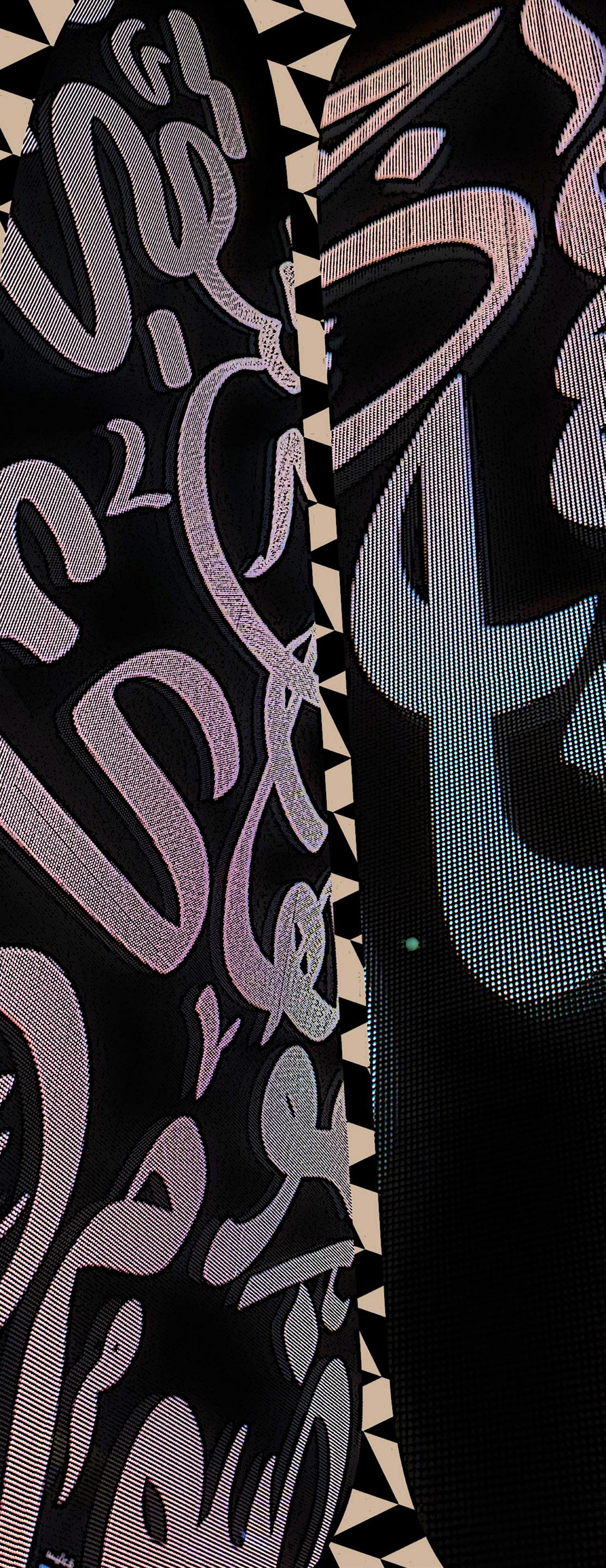
Of that rosemary bush.

Federico García Lorca (1898- 1936) was the most important Spanish poets and playwright of the 20th century. He is credited with reviving Spanish theater in the 20th century.




I stood beneath the archway of the ancient Roman walls of Lugo, with my parents. Galicia, Spain, the home that my Nana and Papa left behind in order to start a better life in the United States, is the same home that has called us back every summer since I was born. But we hadn’t returned since the death of my bis-“Abuela” during Covid.
Clutched tightly in my right hand was a small gray stone, its surface smooth from years of rolling beneath the waves. Beyond the walls and where my mother stood, lay the beginning of our Camino, a “complete unknown,” an odyssey of possibilities. The Camino is an infamous pilgramage across Northern Spain to the city of Santiago de Compostela, the suposed birthplace of St. James. Those hallowed walls have been the gateway to healing for so many pilgrims embarking on their Caminos before me, and the stones they carried with them, symbols of the burdens they hoped to leave behind. As I looked west across the farmlands, I placed intent and purpose behind my stone, just as so many pilgrims had done for centuries.
Under that arch, questions that I had been wrestling began swirling through my mind. Why? Why not me? I had been haunted by the fragile nature of life after witnessing that tragic death just over a year ago. To reconcile this burden was the purpose I placed behind my stone.
"Why?" is the question that fueled my Camino meditation. As I walked, I began to understand that I cannot allow the inevitable randomness of life to rob me of my joys and passion. Whether skating onto a fresh sheet of ice, bombing through trees on a mountain bike, or presenting at an all-school assembly, we are always taking risks. But while life is unpredictable, I refuse to believe we have no control. We do! Growing up, when I was nervous about a test or a game, my parents always said, “Focus on controlling what you can control.'' While this was repeatd to me throughout my life, I never really heard it. On the Camino, I came to realize what this means: work hard, prepare to my fullest potential, and not fear what is beyond my control. By embracing the chaos of life, I now know that I have the ability and inner strength to face life’s challenges and emerge stronger as a result.
So now, thinking back to the questions I posed to myself beneath that arch. Why? Honestly, I don't know. Our life is a Camino of many unknowns. Maybe we will get into the school of our dreams, maybe we won't. Maybe we will get that perfect job, maybe we won't. Maybe we will be rich, but unhappy, or maybe we will be poor, yet fulfilled. Who knows? But if we always fear what is around the corner, we may never be excited for what is yet to come. As I laid my gray stone down at the end of my Camino, I finally understood that by placing purpose behind my actions I will be most prepared for life's inevitable curve balls and be better able to see all the “eyes of the world’’.
- By Sebastian Otero DeAngelis
